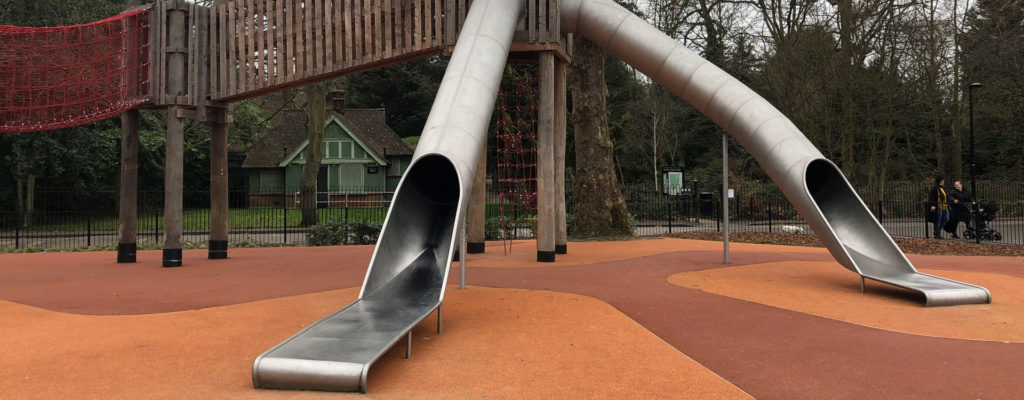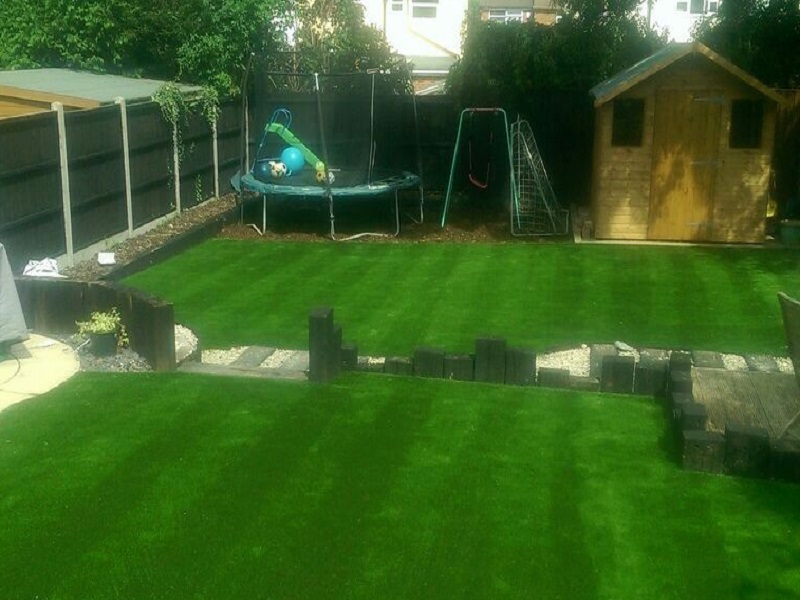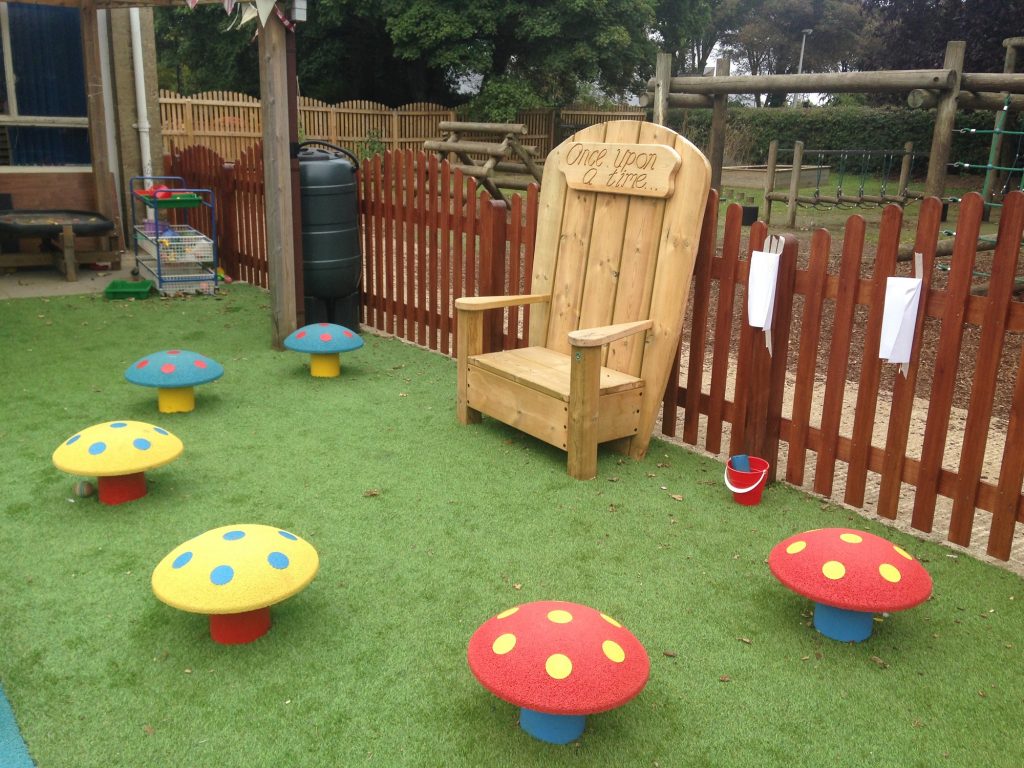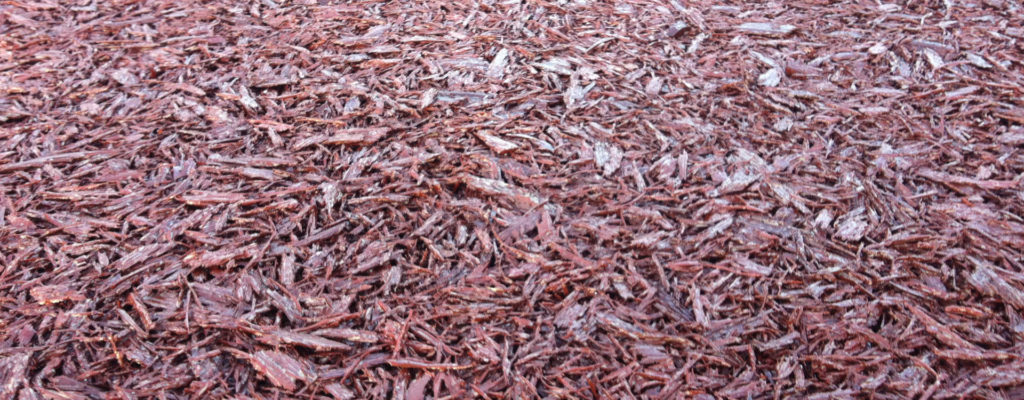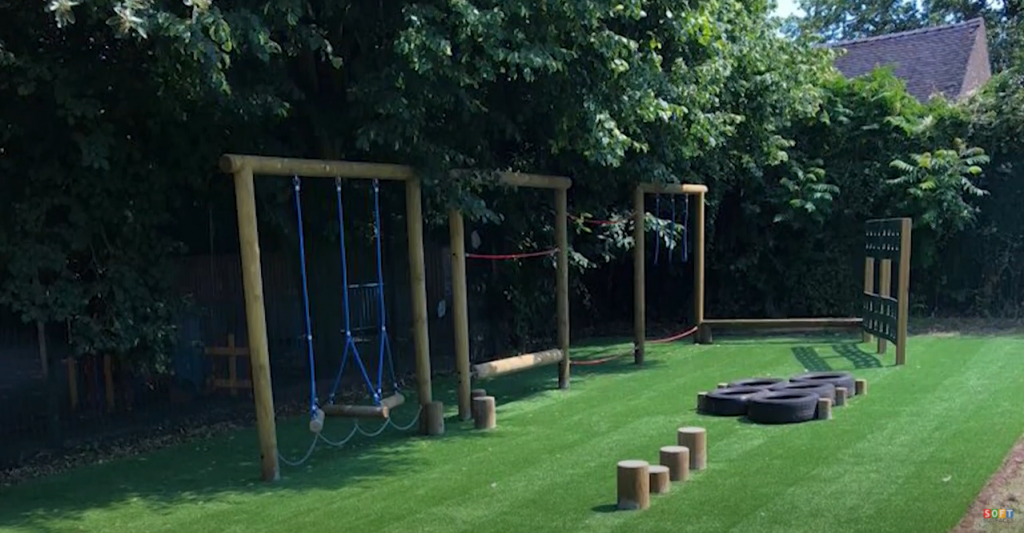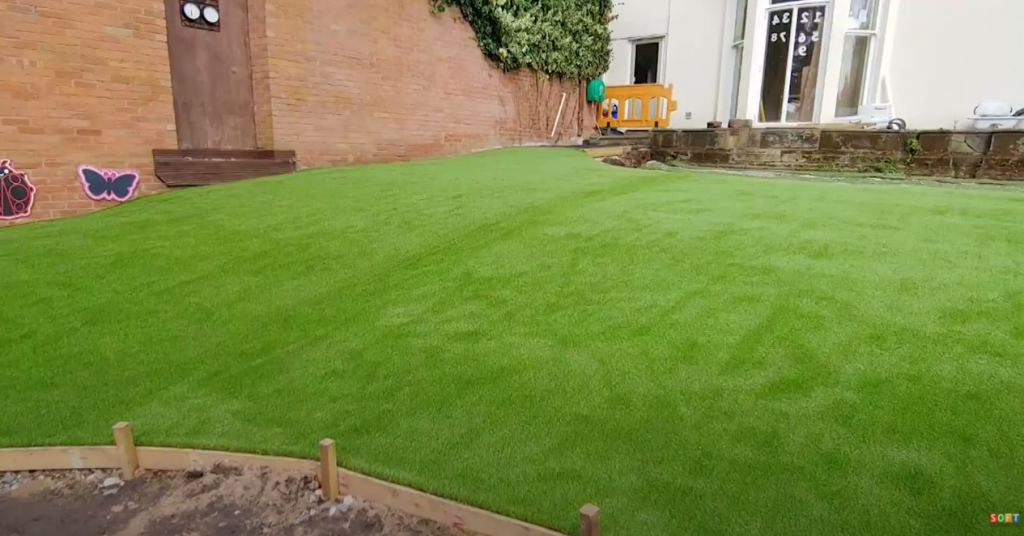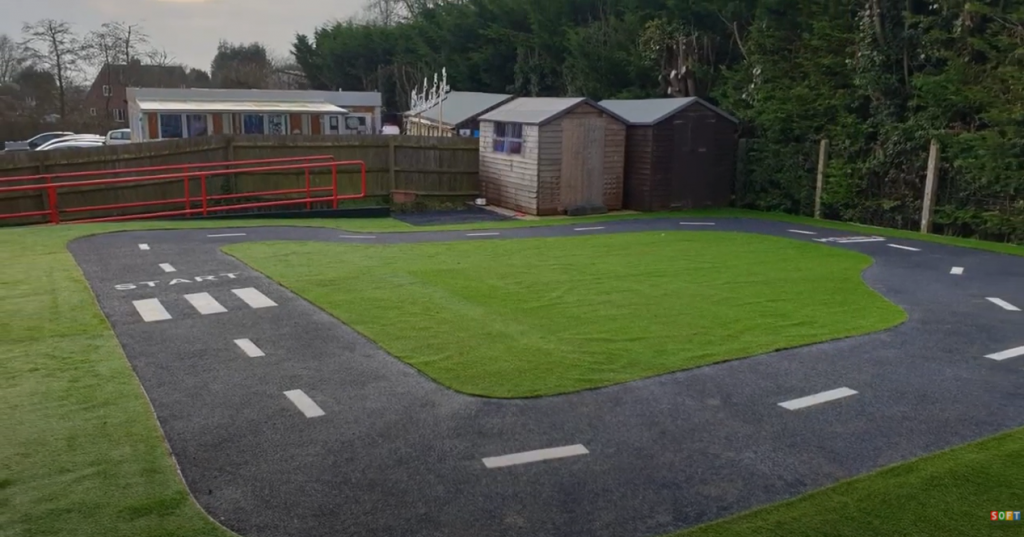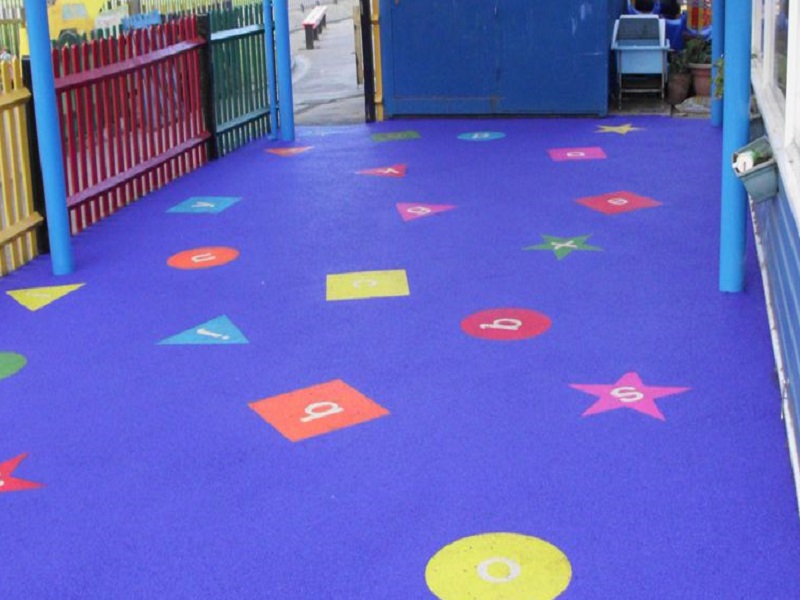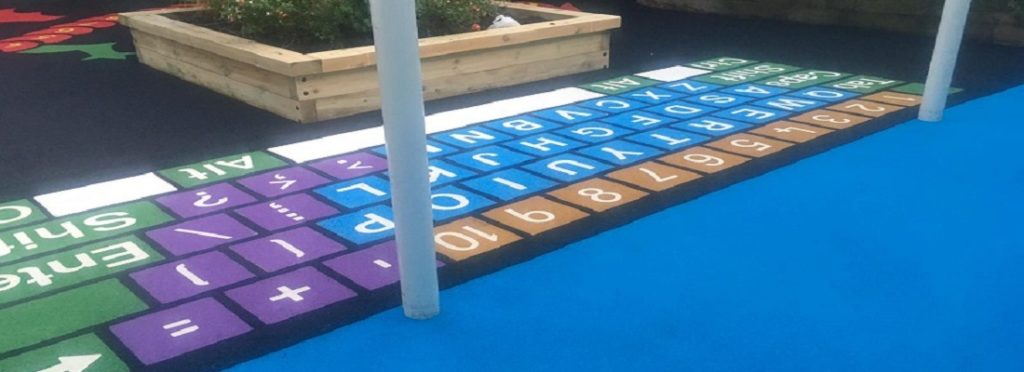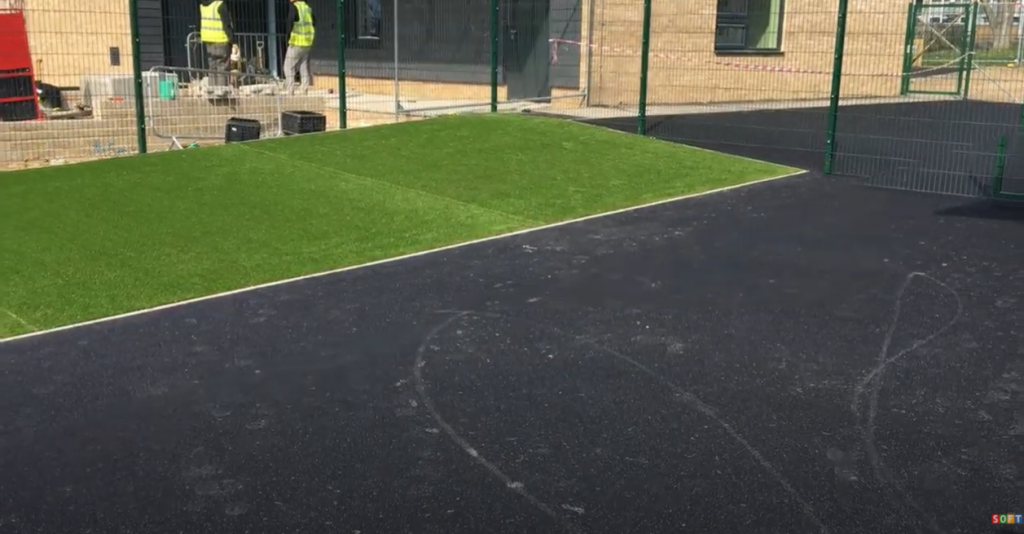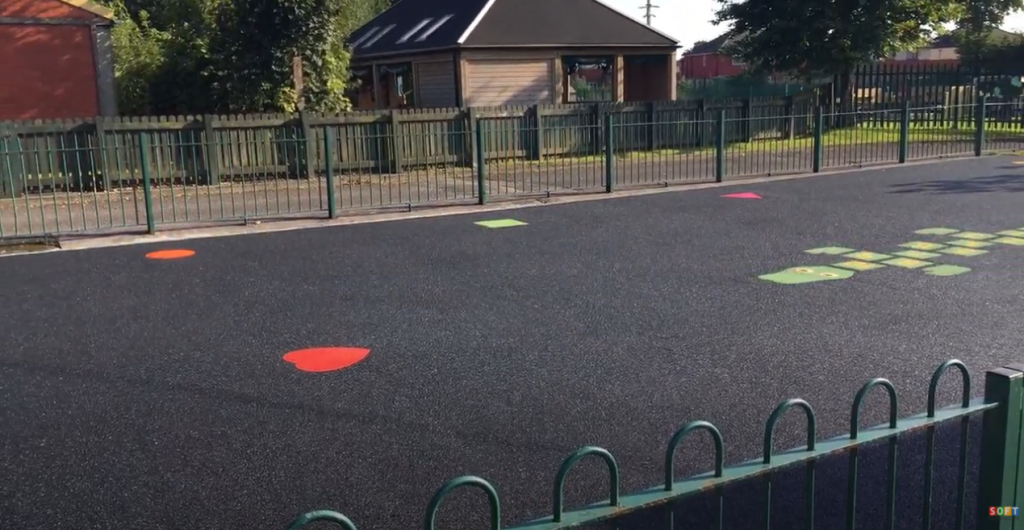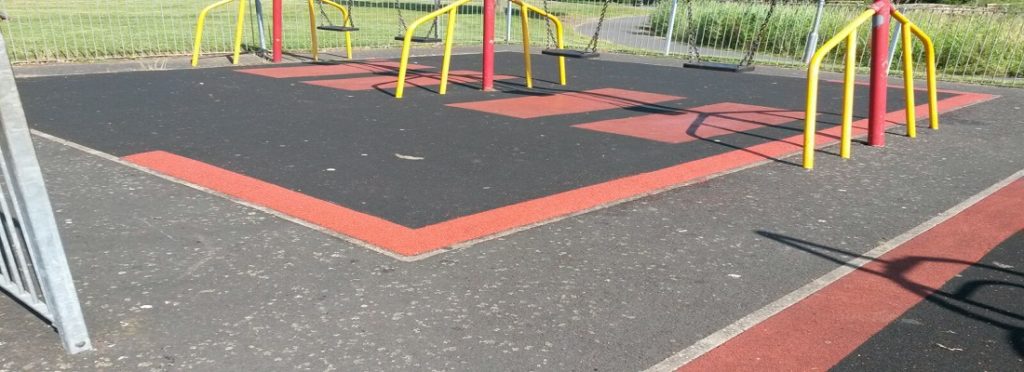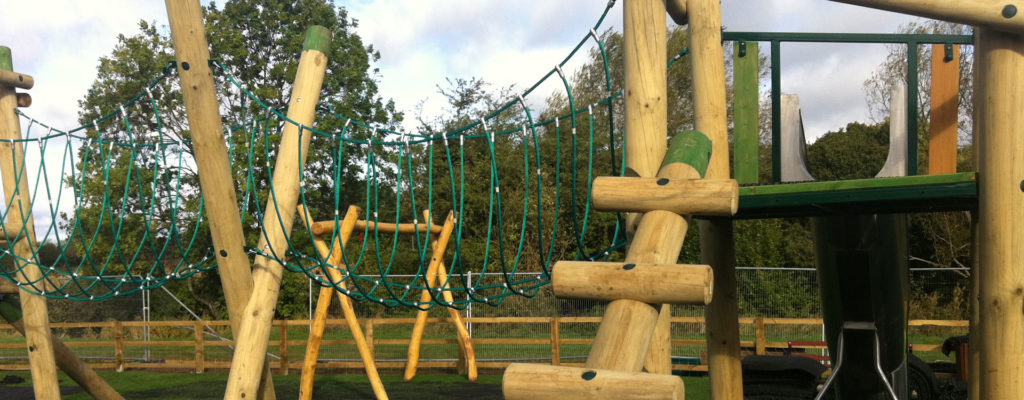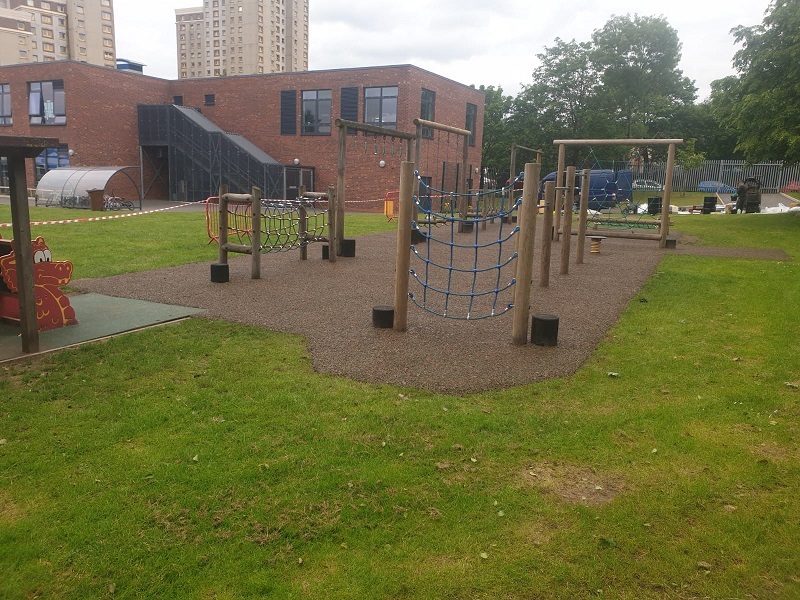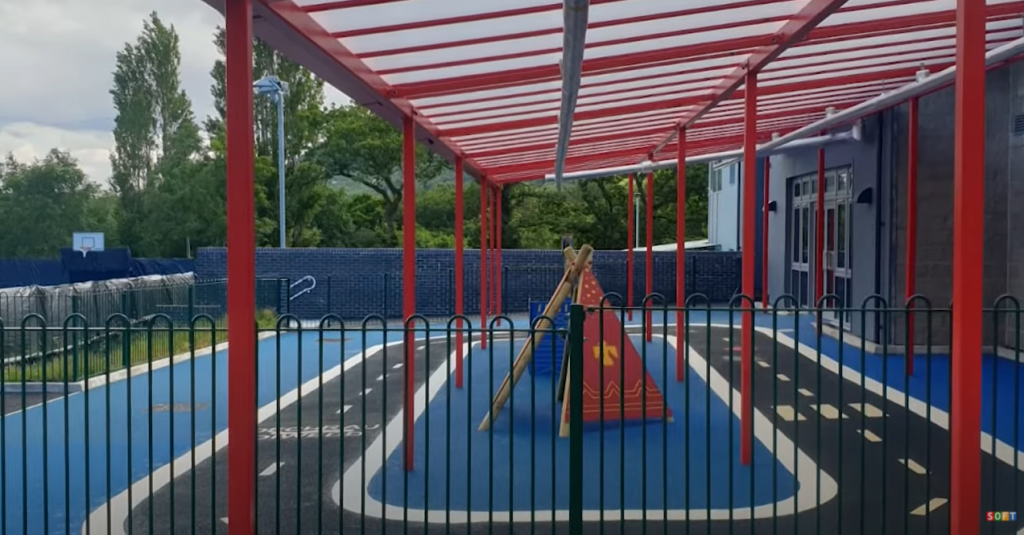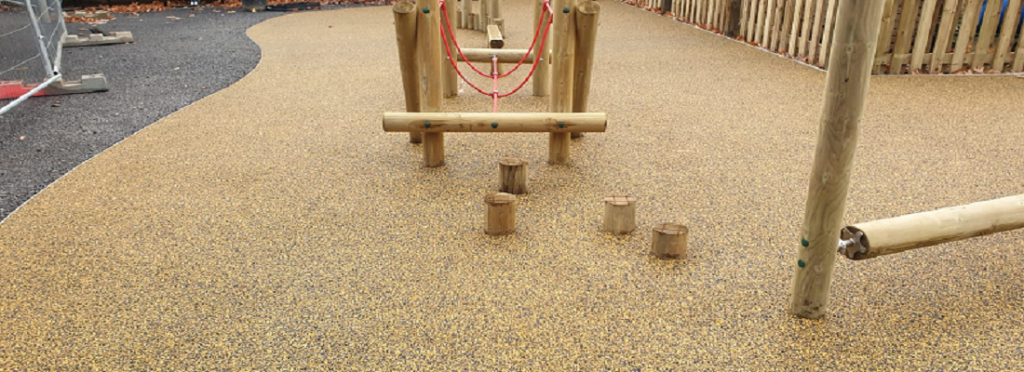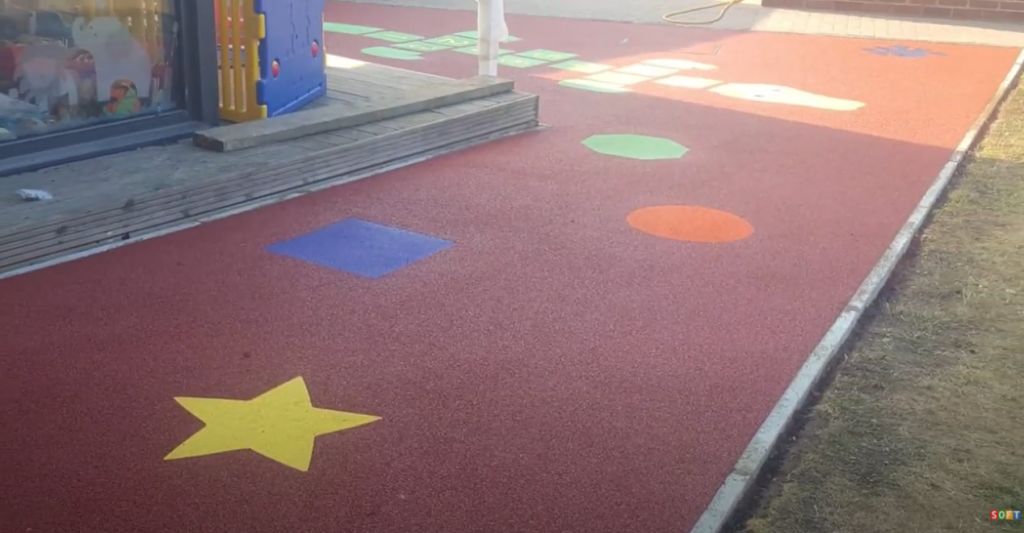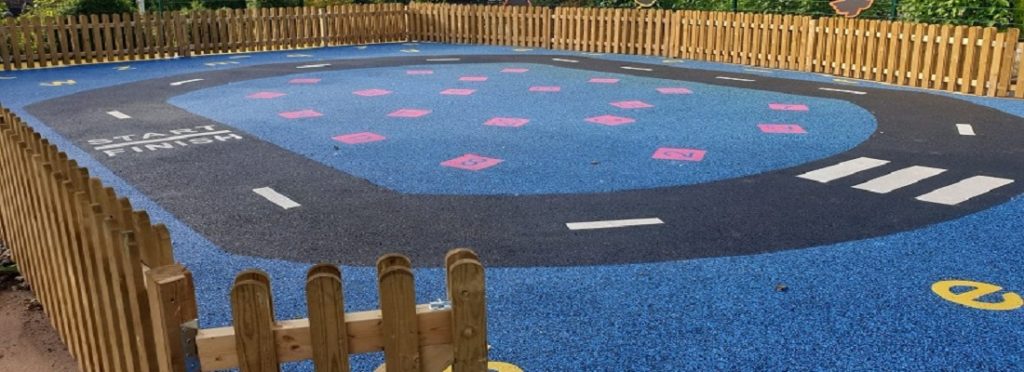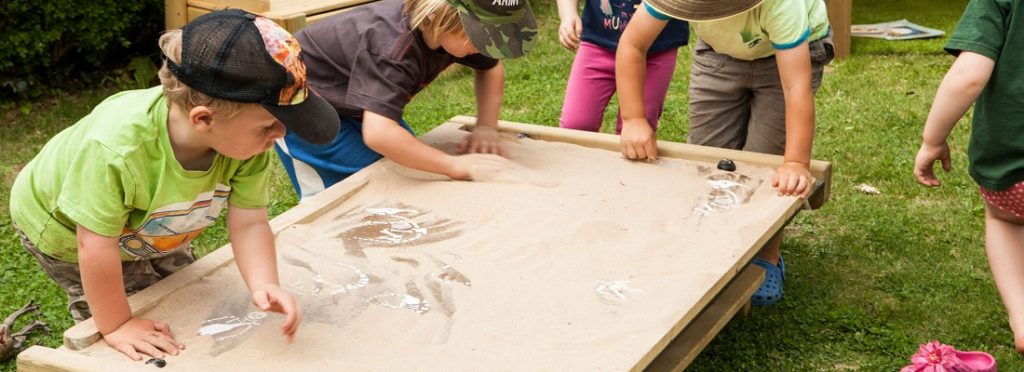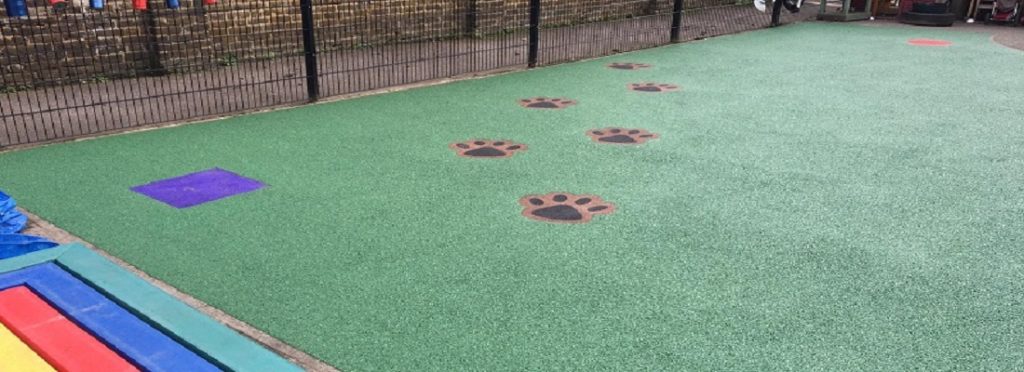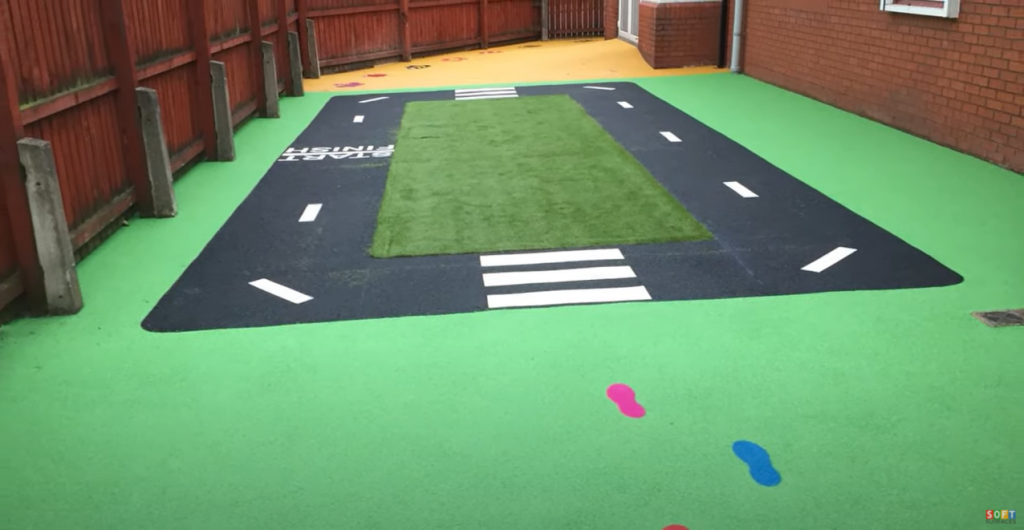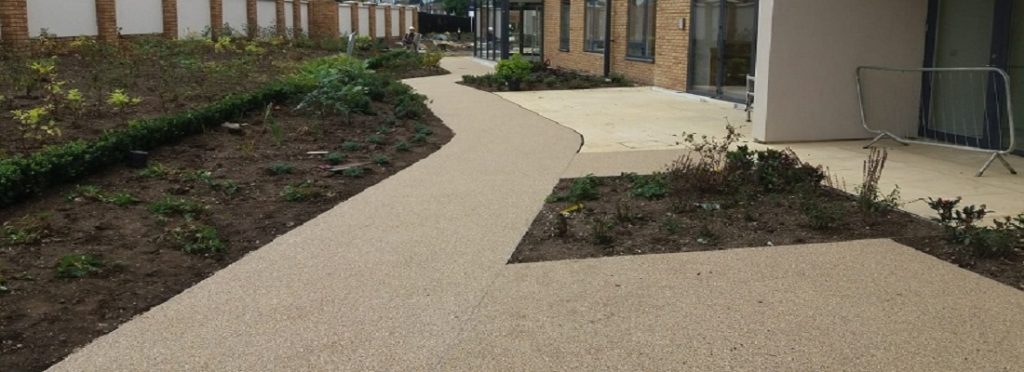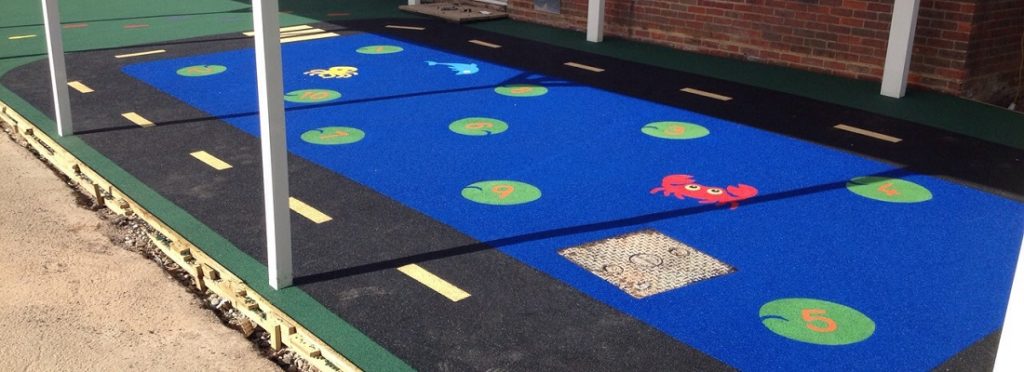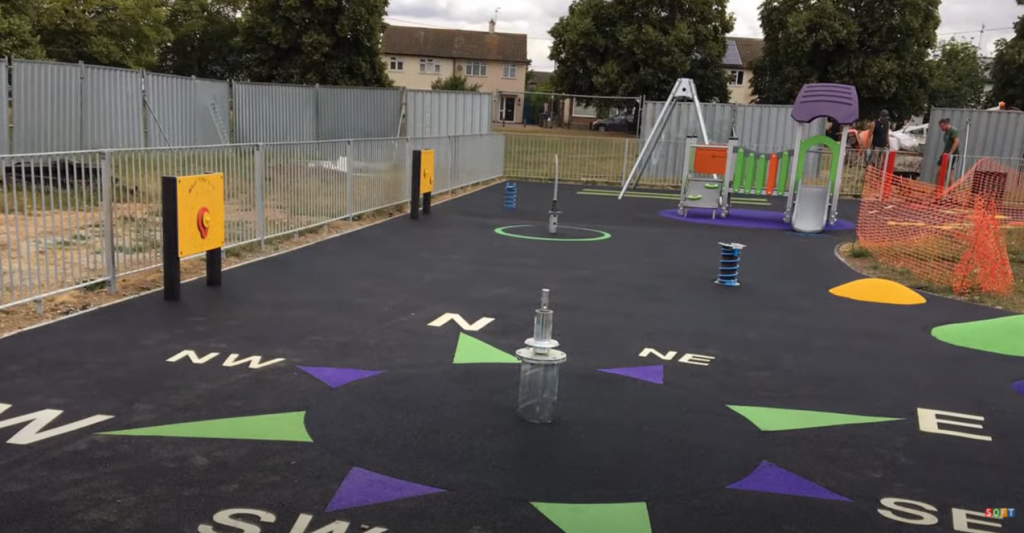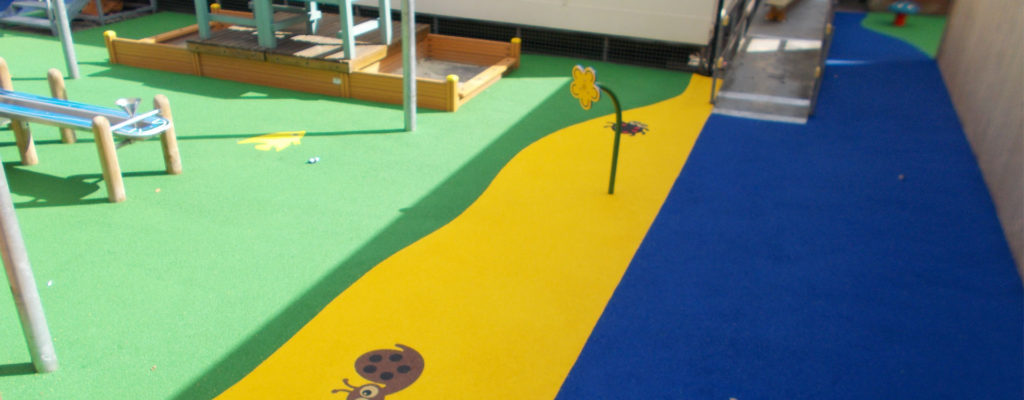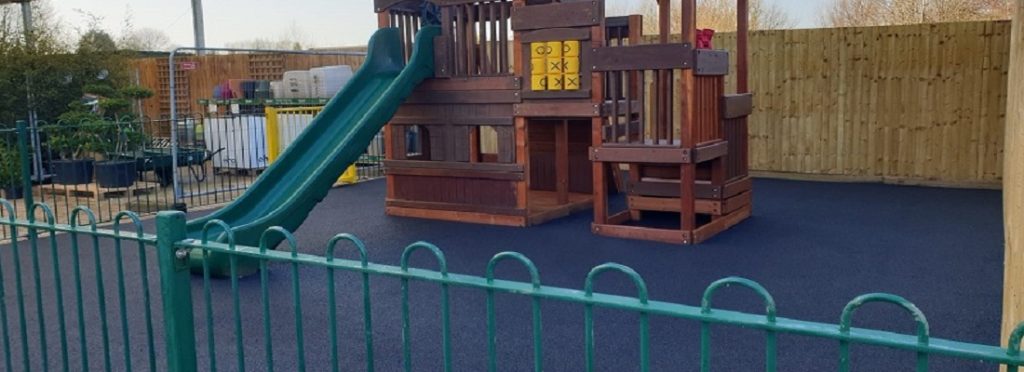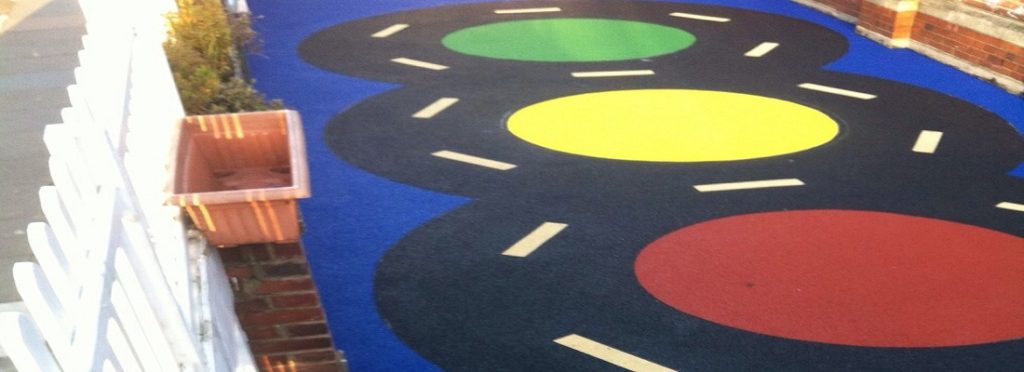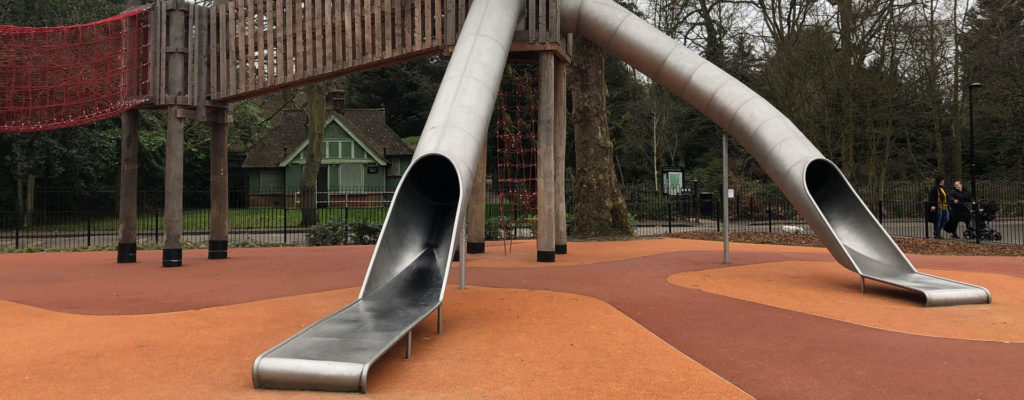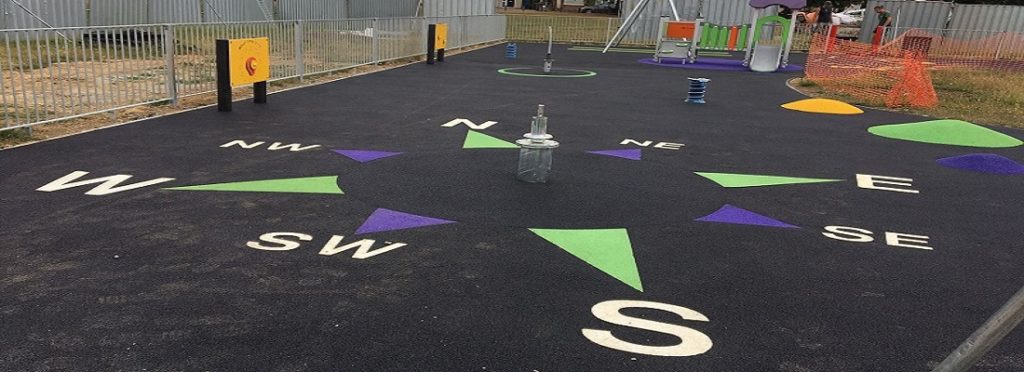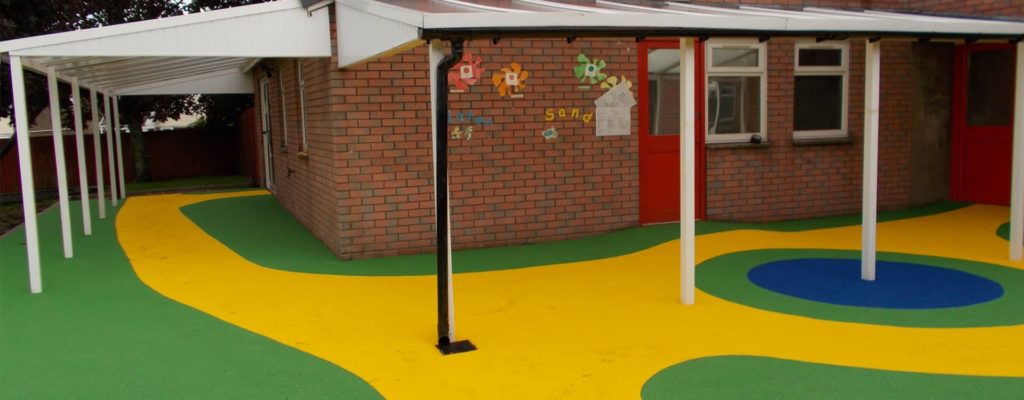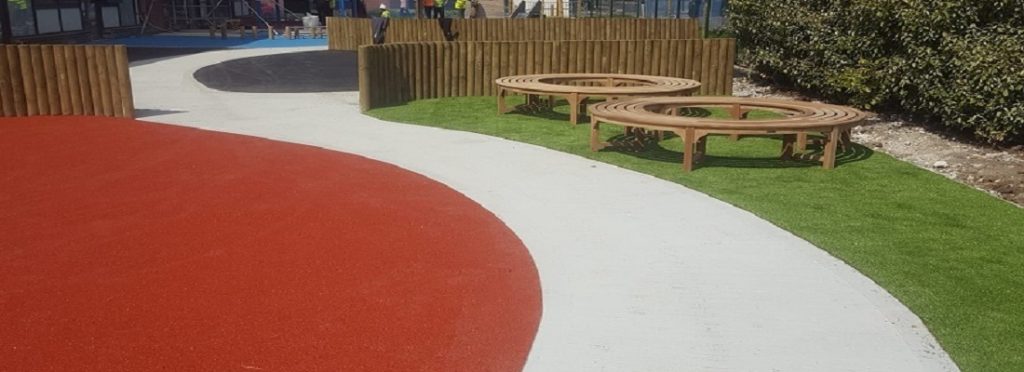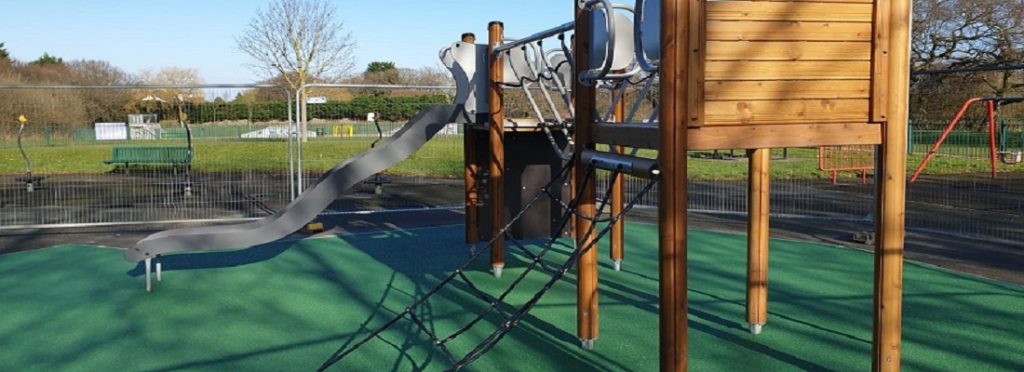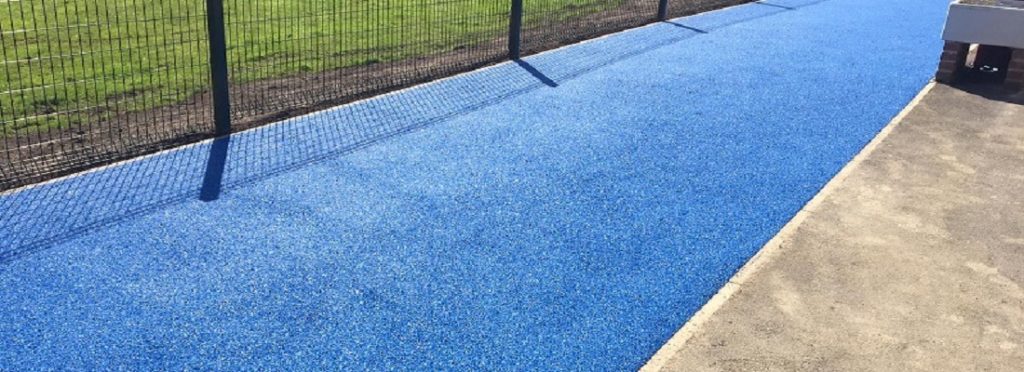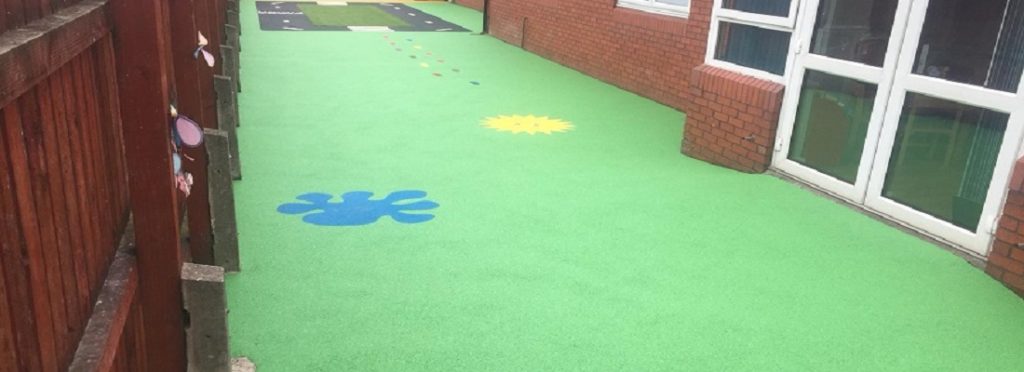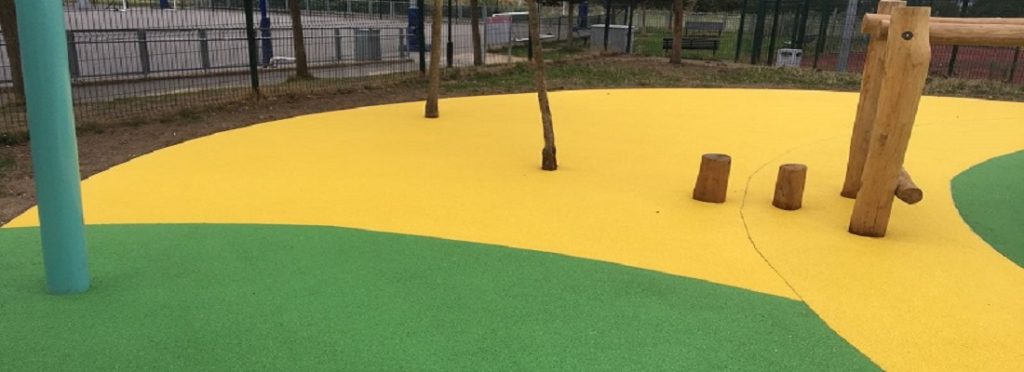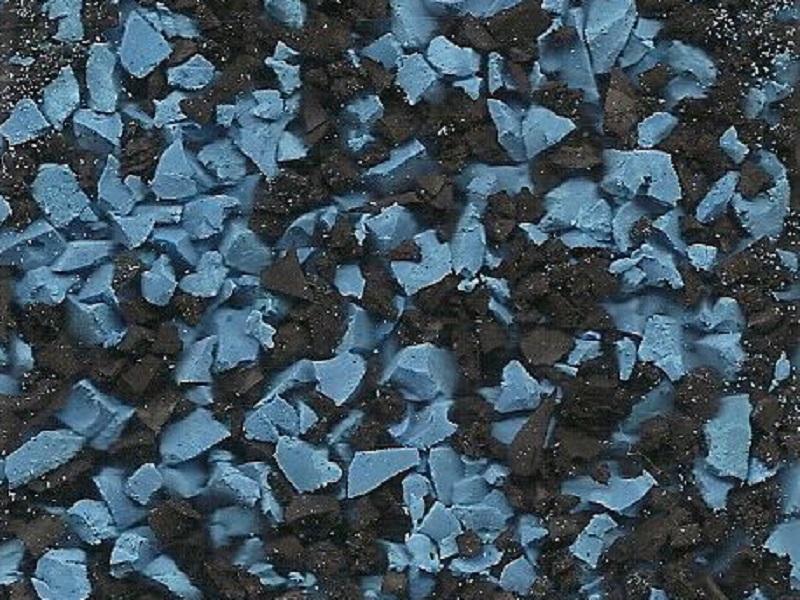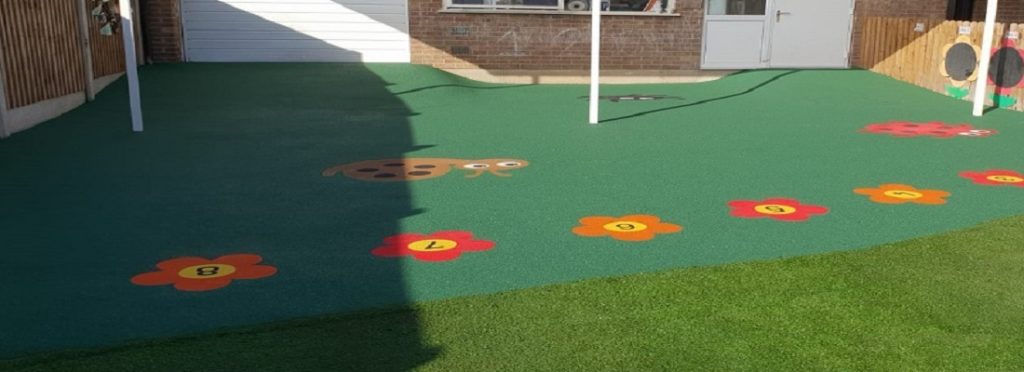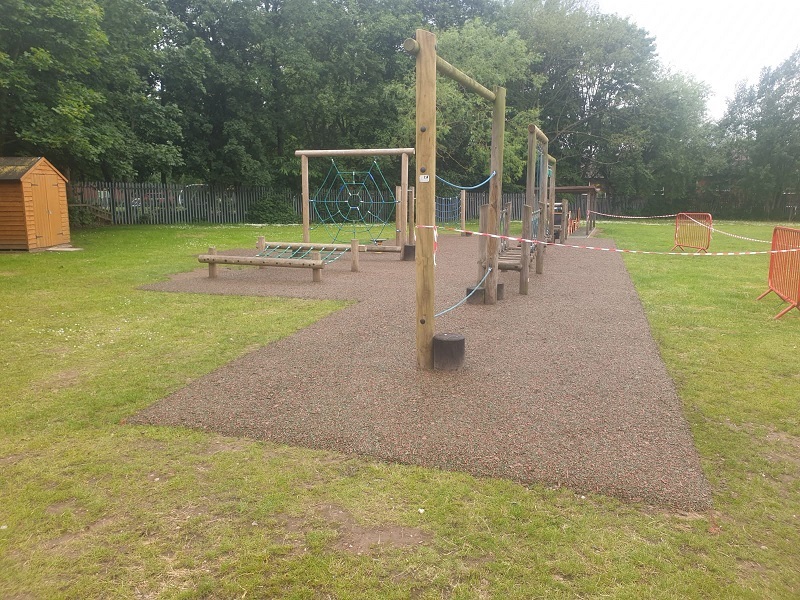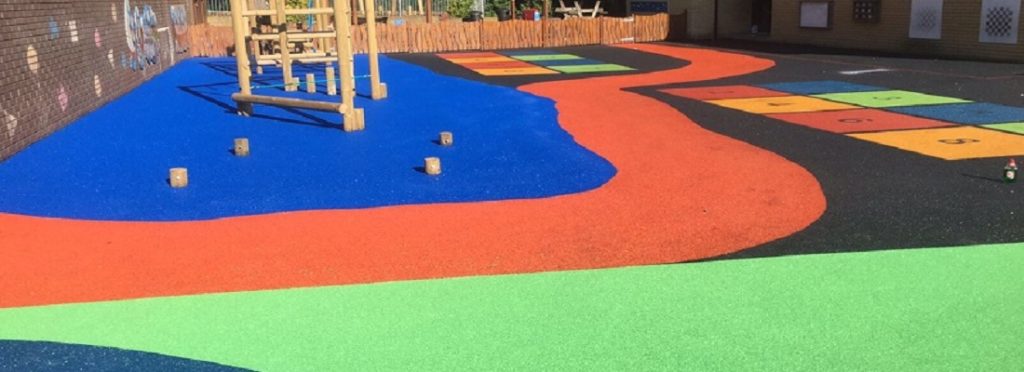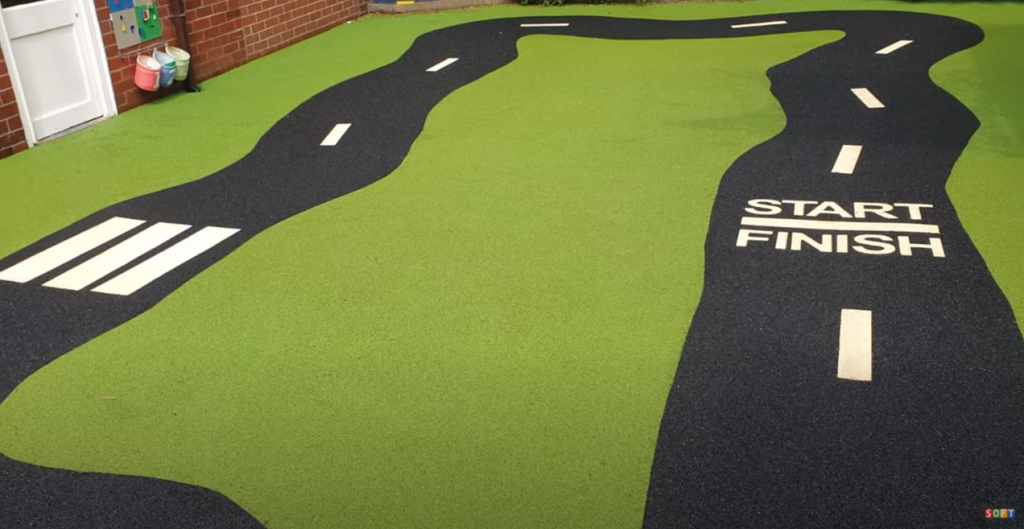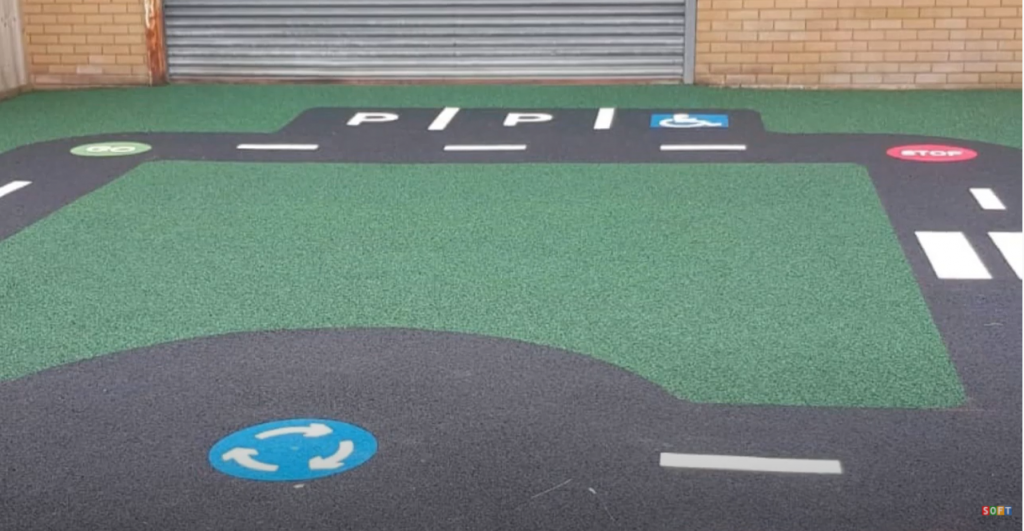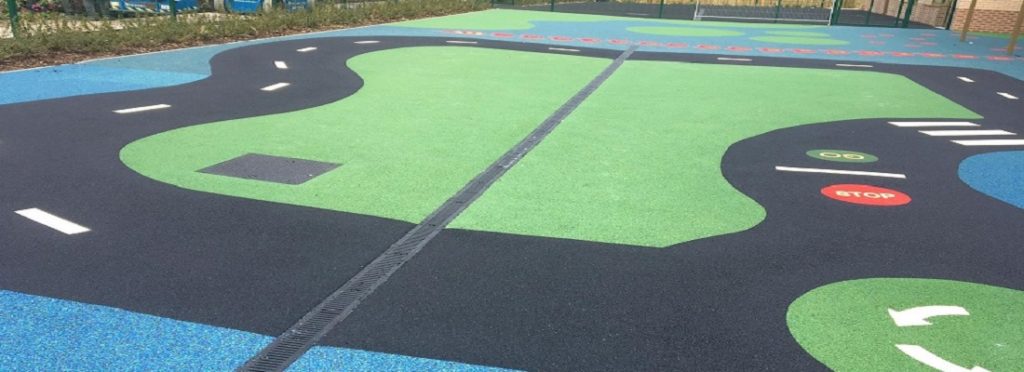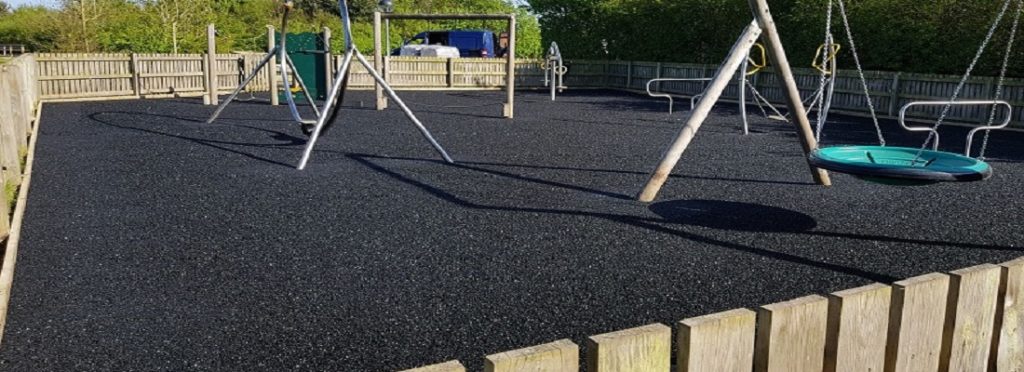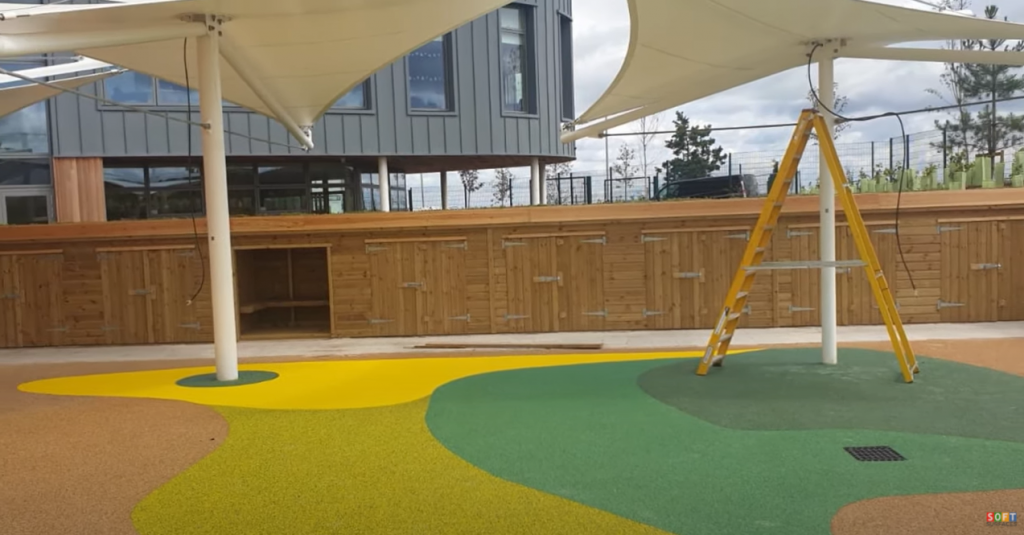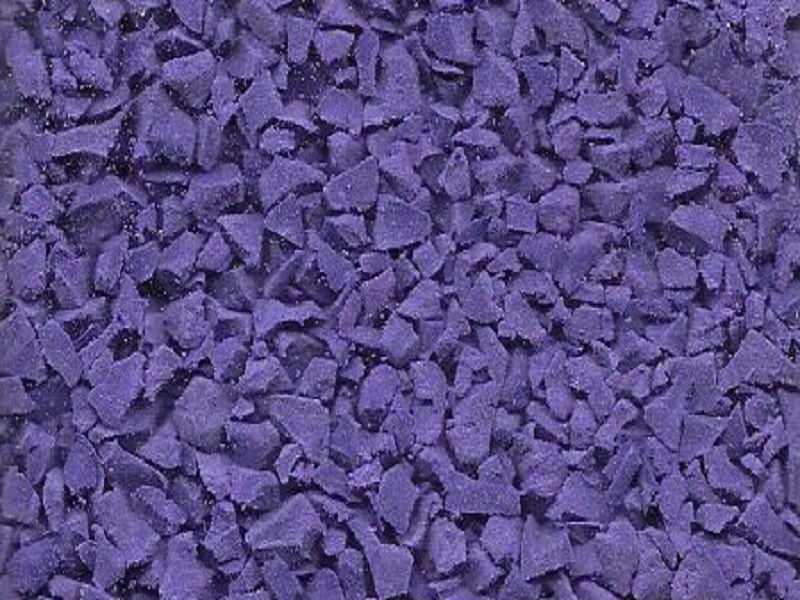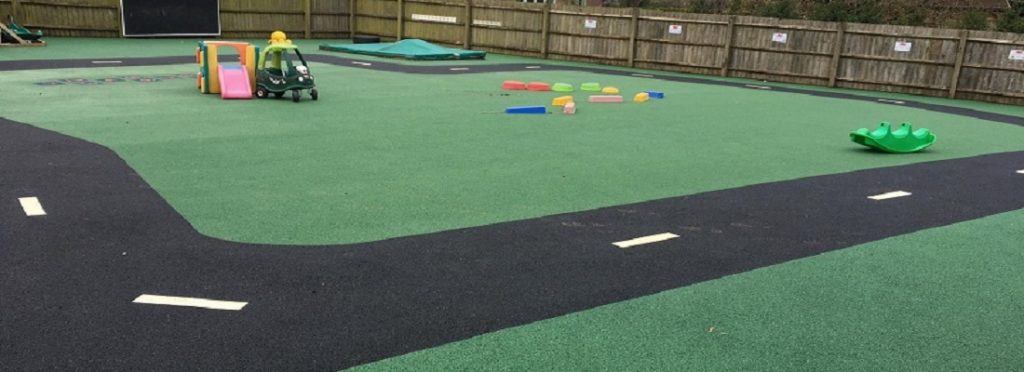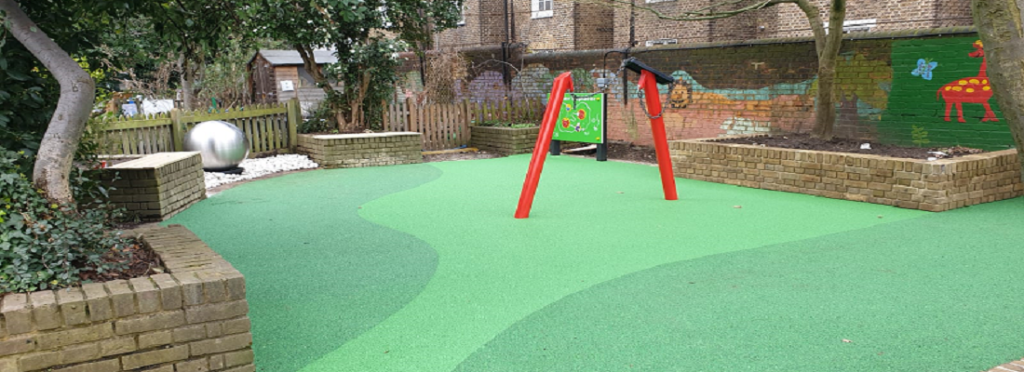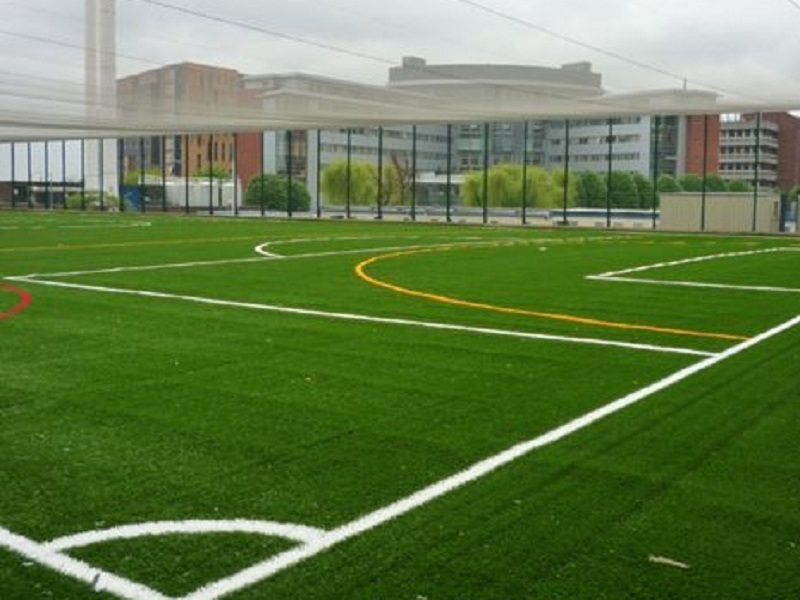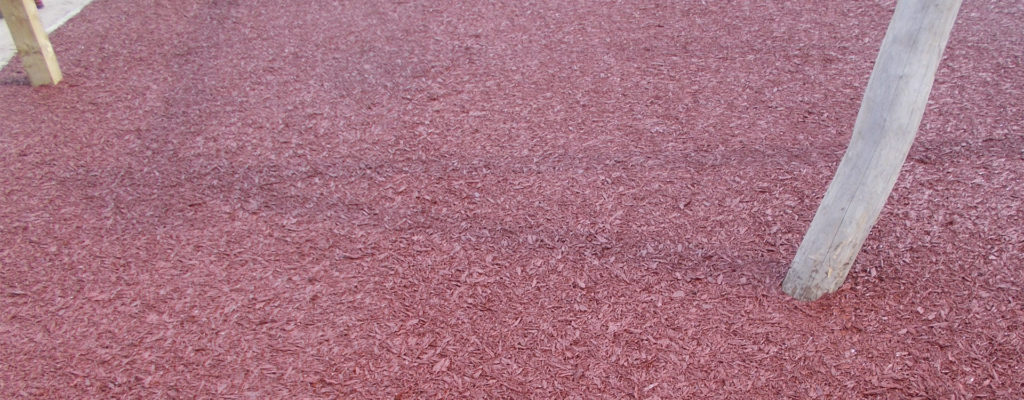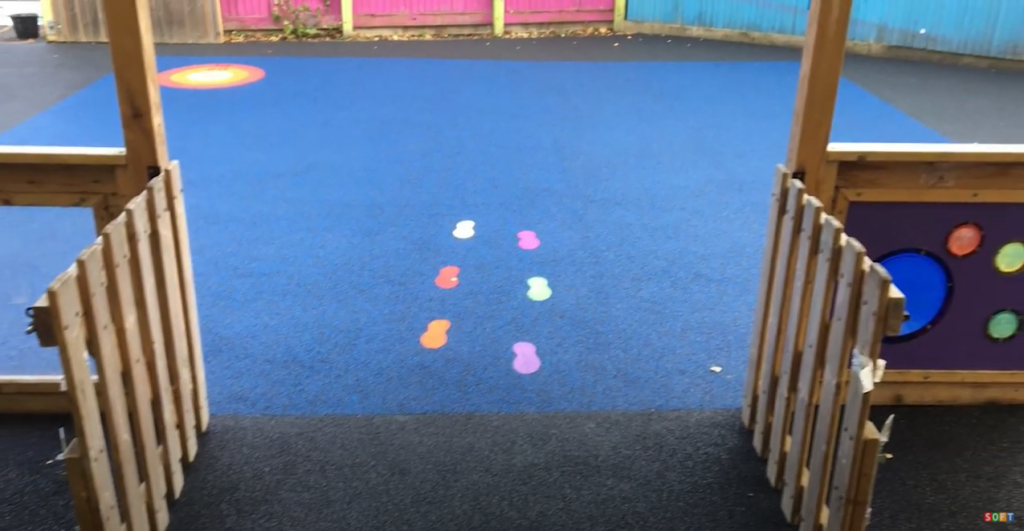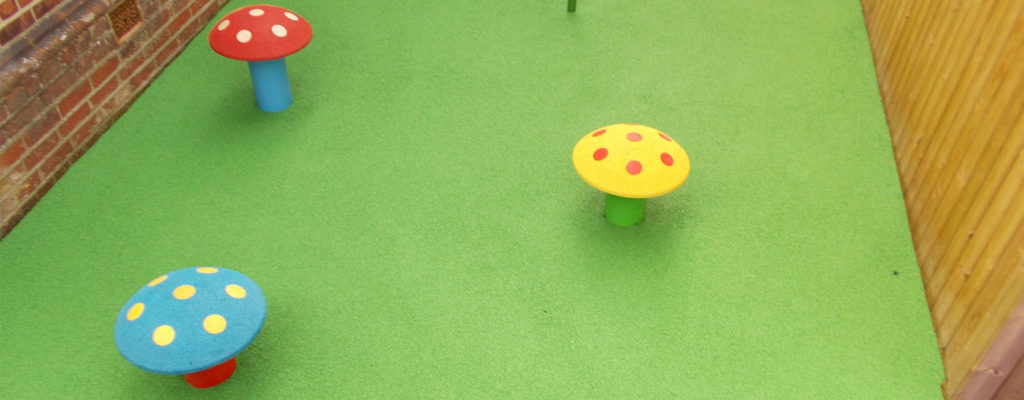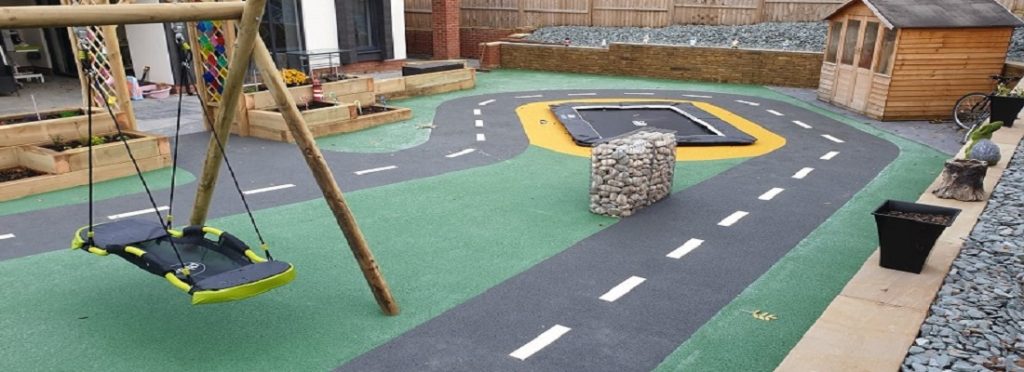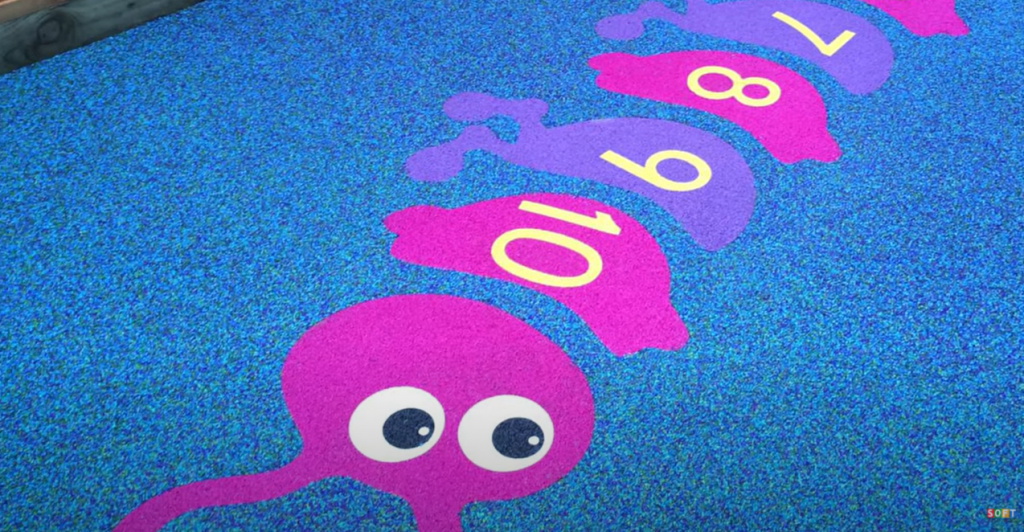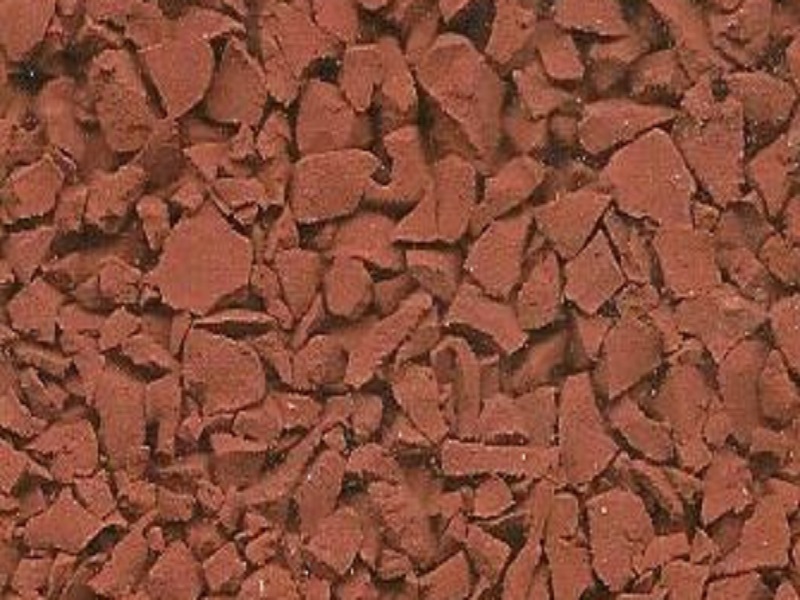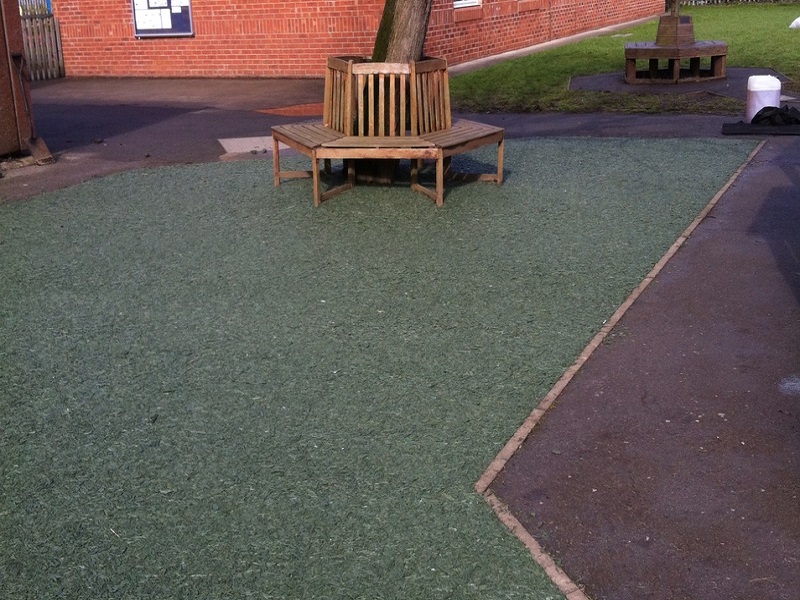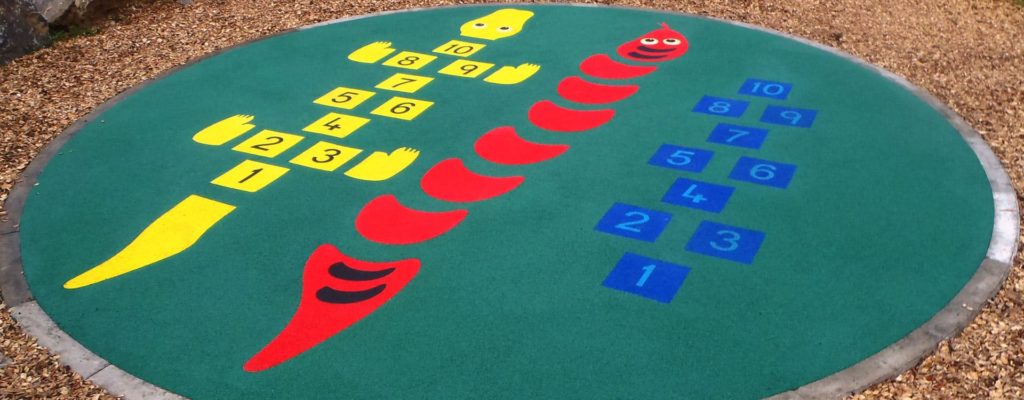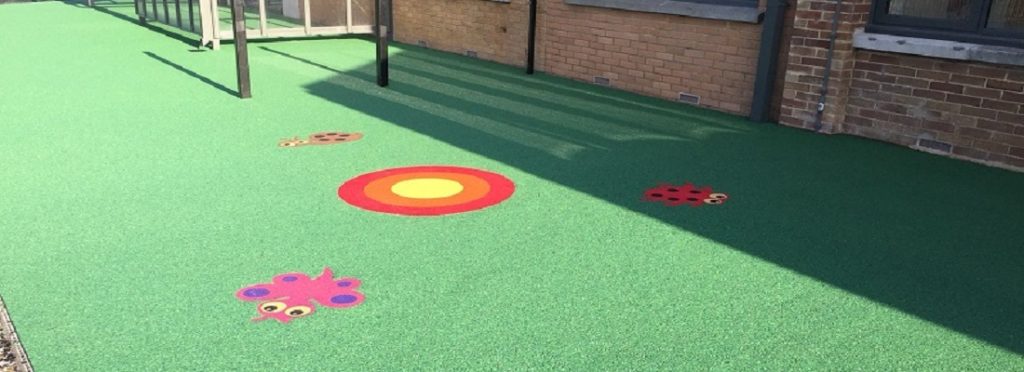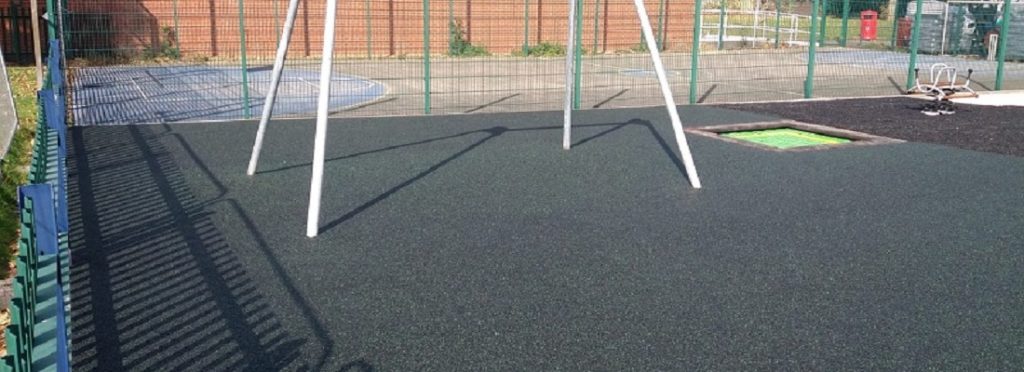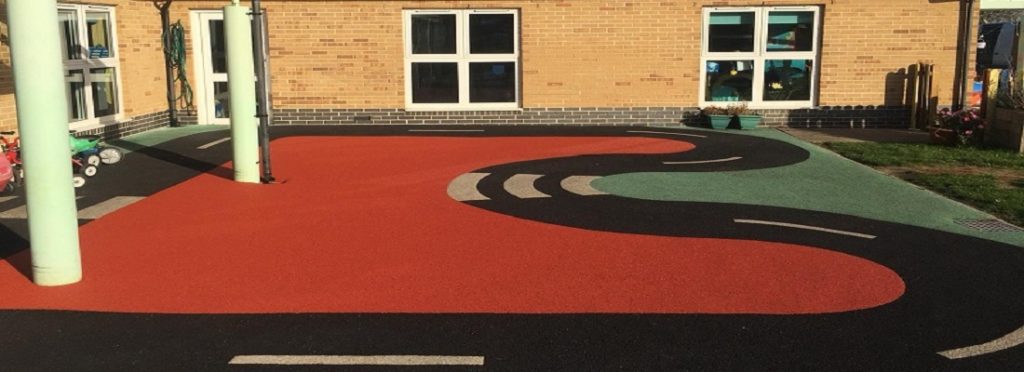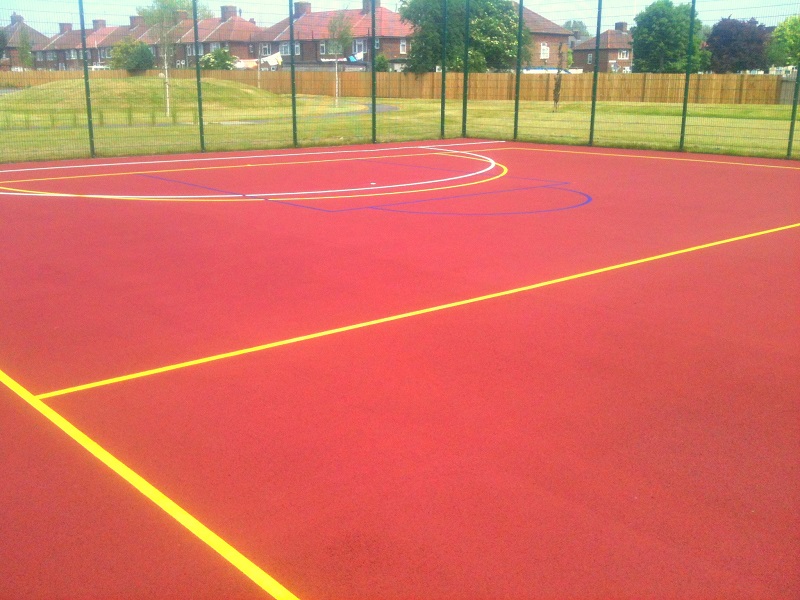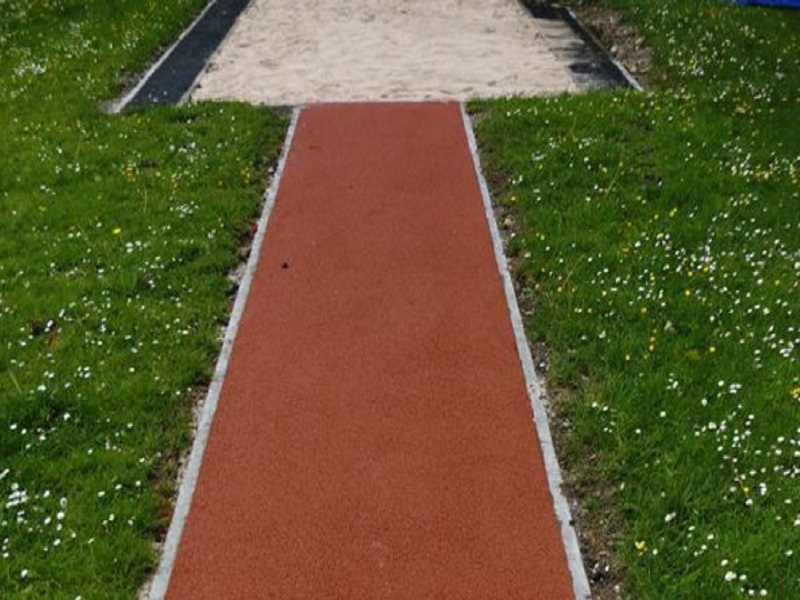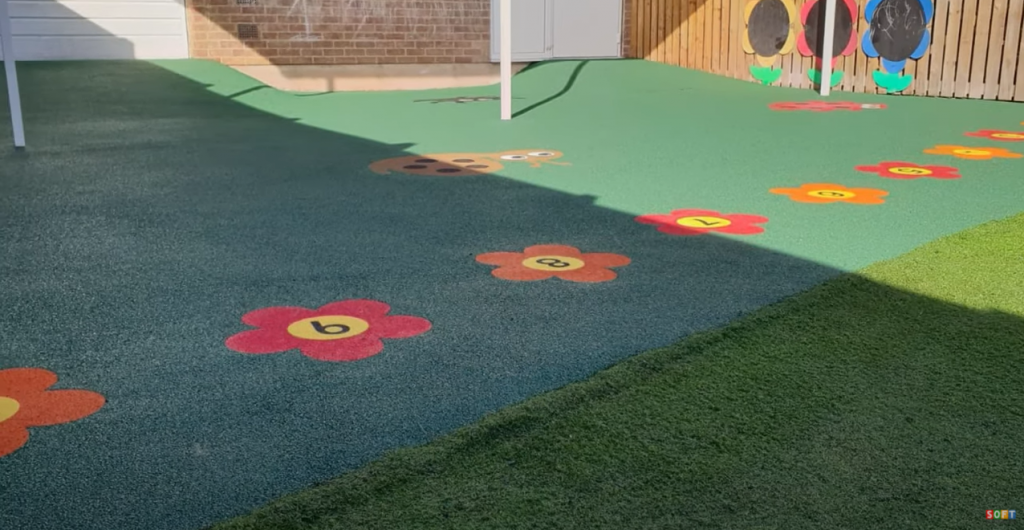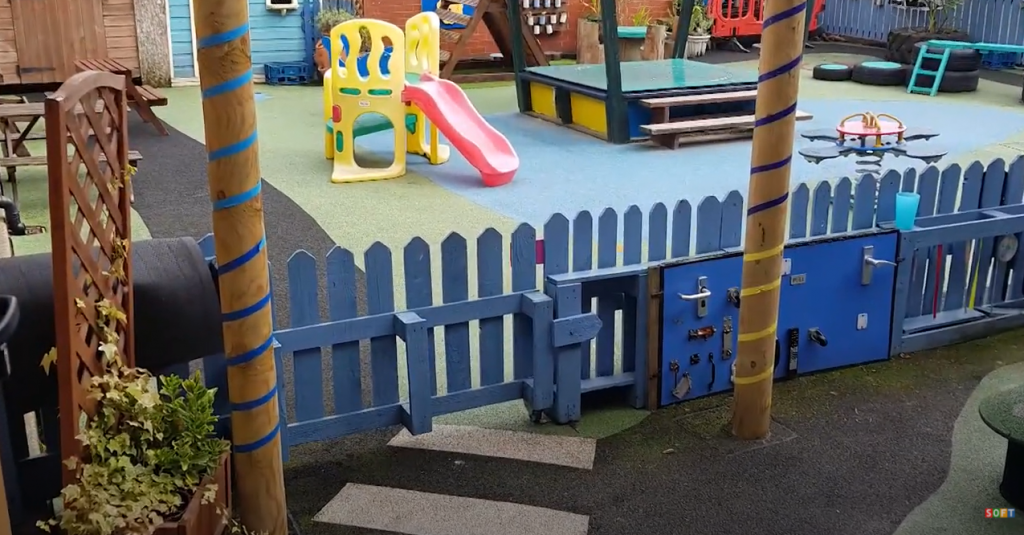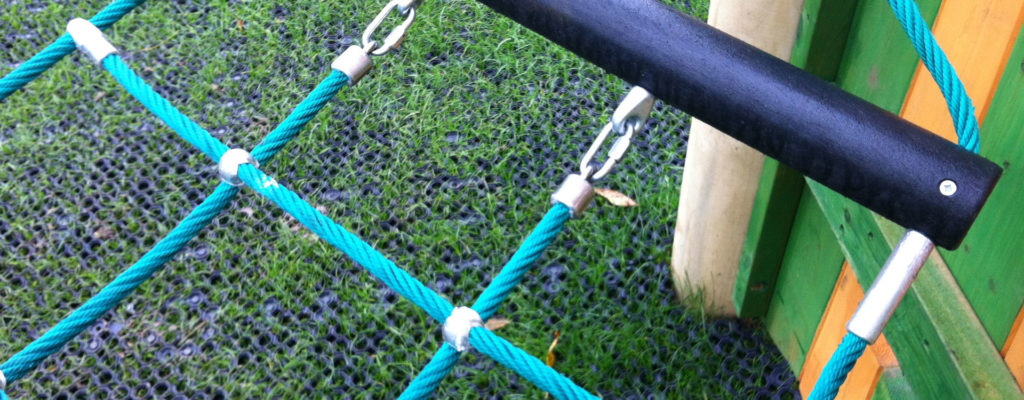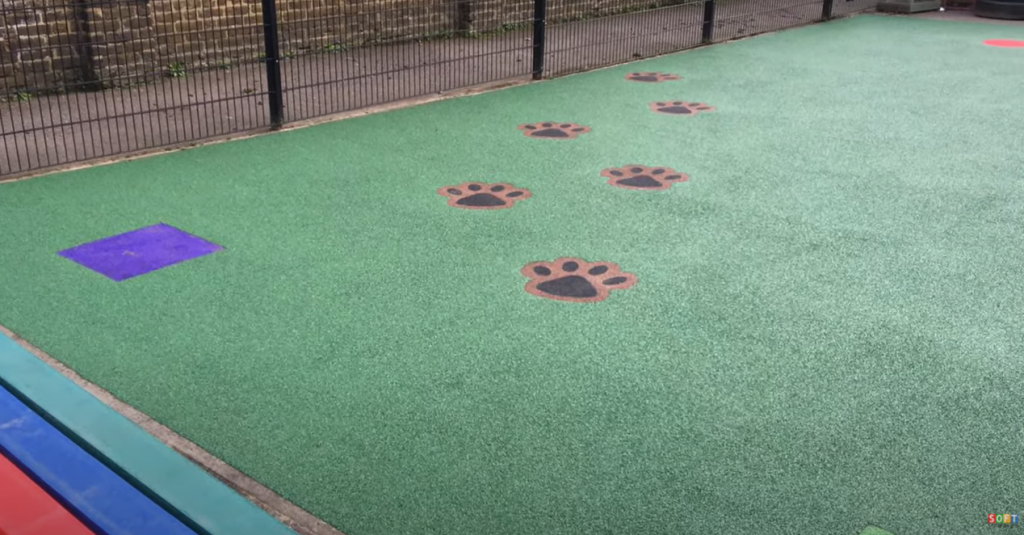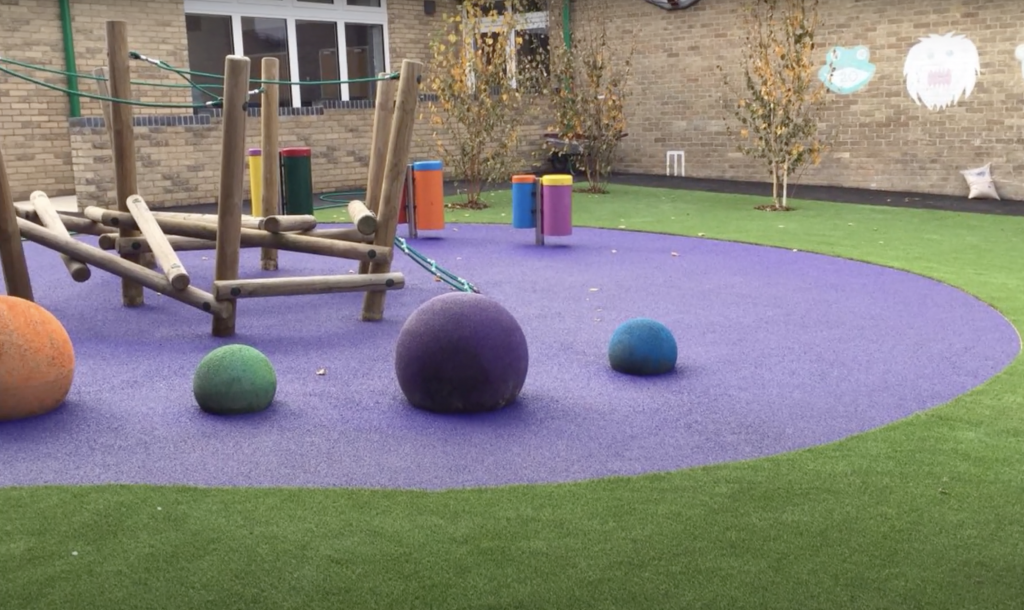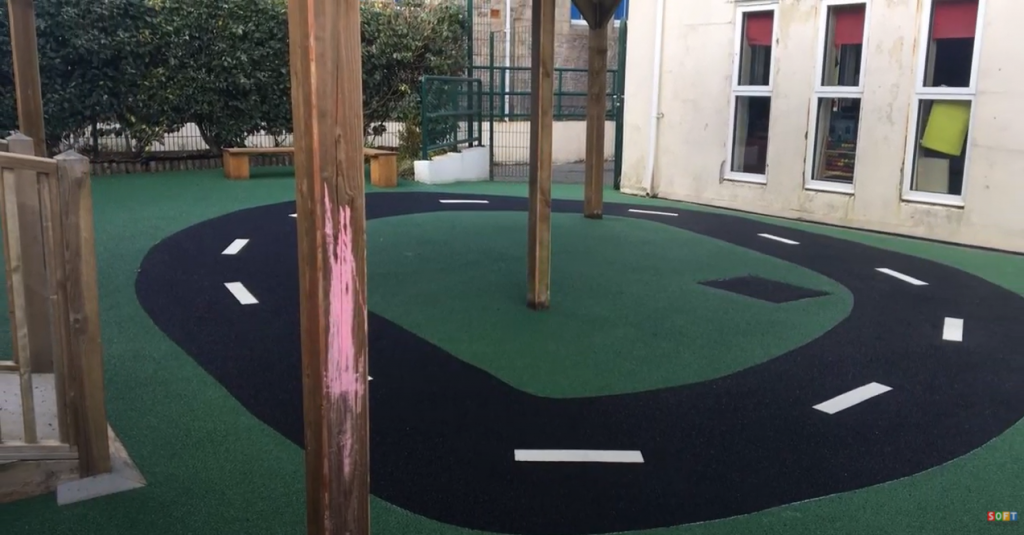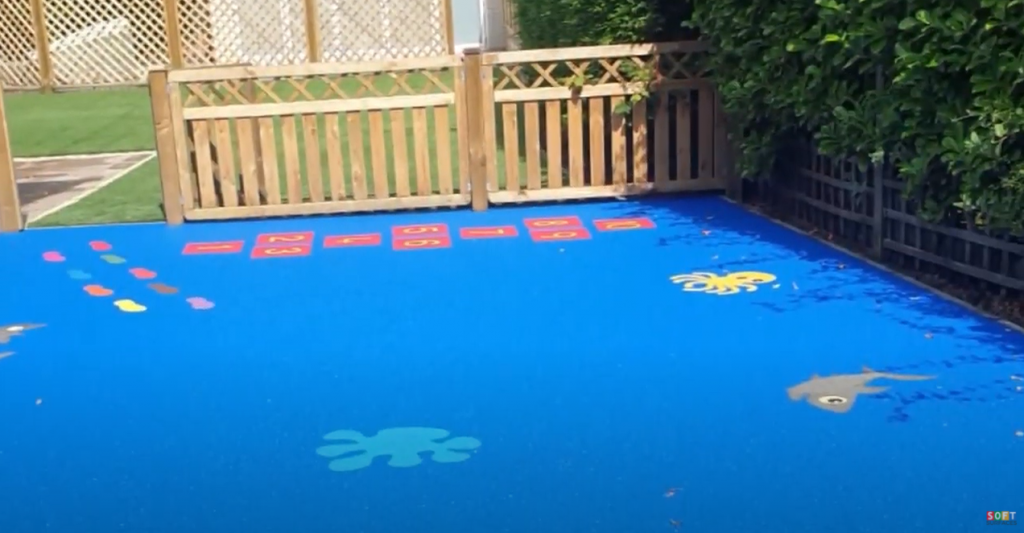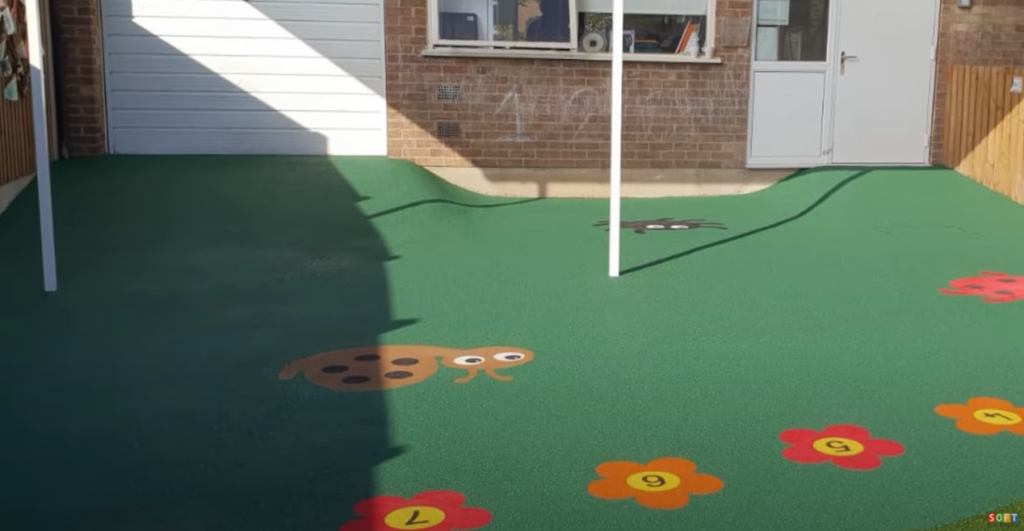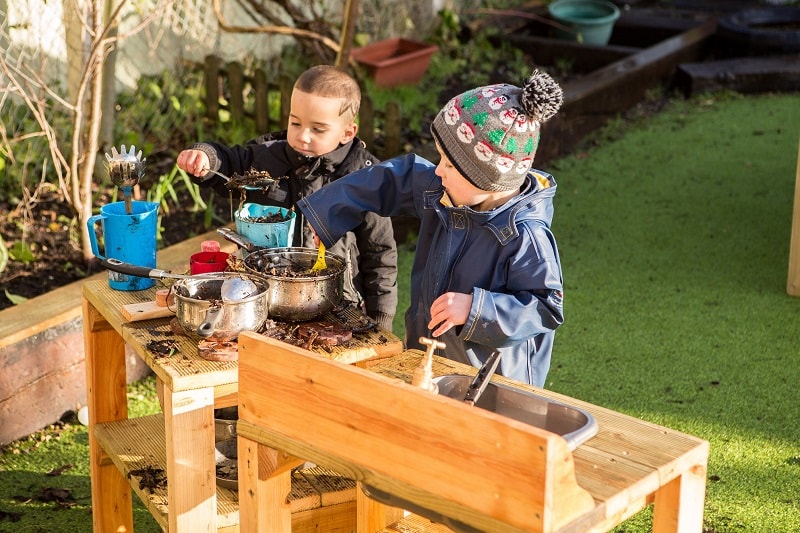
School playgrounds have, in many ways, changed hugely over the years to incorporate various types of equipment like mud kitchens. However, it is still likely that you will find some staples, such as slides, swings and monkey bars, commonplace across the UK.
While these playground toys are big hits with children, there are more inclusive ways for children to play and to learn how to gain social confidence and develop fine motor skills during break times.
Mud kitchen playground facilities are becoming more and more popular with modern schools. While they may sound messy and unhygienic, they are perfectly safe for children of all ages to explore and dive into.
There are plenty of benefits of mud kitchens for school and nursery age children. What’s more, these playground staples are often some of the most accessible to children with hidden disabilities.
What is a Mud Kitchen?
A mud kitchen, as you might imagine, is an outdoor, pretend kitchen space. Instead of cooking up edible treats, however, children are encouraged to explore how they might use a kitchen with their imaginations, and with mud and sand. A mud kitchen not only helps to encourage children to work together to solve problems and collaborate on play ideas, but also to expand their scientific and mathematical abilities.
What’s more, mud kitchen EYFS equipment is a fantastic tool for harnessing the imagination. While children are not making food in a real kitchen, they can pretend they are creating some truly wonderful dishes and treats! A mud kitchen is an outdoor play area that is fantastic for imaginative play, which is healthy and encouraged in younger Early Years children. They can have fun making mud pies out of natural materials as well as developing creative thinking skills.
Mud kitchens are wonderful sensory playground facilities that may appeal to a wide variety of children. They are inclusive and open, meaning that children with some learning disabilities, or physical disabilities, can still join in the fun. Ideally placed near a nice patch of mud, mud kitchens are completely safe for children, though supervision is of course encouraged.
The Importance of Messy Play
In a world where we are more conscious than ever about bacteria, viruses and disease, the idea of messy play might seem off-putting. However, with clear supervision and guidance, messy play is perfectly healthy and sanitary, and in fact, it is likely to be an essential part of a child’s development.
Getting messy is exciting for kids. The world around them is still so new and appealing! Therefore, the ability to get deep and stuck into some sand, clay or mud is likely to be really enjoyable. Children likely won’t care about making a mess until they are much older!
Therefore, it’s so important to harness these moments as early on as possible. Messy play is fun, sensory and exploratory. Most children develop through direct experimentation. Rather than simply learning through direct teaching and lecturing, it is always a good idea to let kids explore the world around them with careful supervision.
How Can Messy Play Benefit a Child?
Messy play can help to support the development of young children in a variety of different ways.
- Children engaging in messy play can improve their hand-eye coordination. In a mud kitchen, for example, children may need to create specific shapes or flatten mud and sand into the form of a cake.
- Motor skills also receive plenty of development through messy play. Children can learn more about how the movements in their hands and feet change the objects and items they come across.
- Muscles and balance, too, receive support and development. In a mud kitchen, they may need to carefully pour water into a bowl to mix with mud. Mixing the mud, too, is going to need a fair amount of strength! Therefore, a kitchen will also help to improve muscle strength.
- Messy play, not just mud kitchens, holds plenty of benefits for the mental and physical development of a child. What’s more, it is wide open to all children, regardless of their learning speed.
Mud Kitchen Activities
Which mud kitchen activities are likely to appeal to children the most? The possibilities are endless. A great mud kitchen might mimic the look of an everyday kitchen space. For example, you might use wooden ‘hobs’ to pretend to heat up mud soup. Children might also choose to bake a mud cake, but first, they are going to need rolling pins, spoons and measuring jugs!
The best mud kitchens allow for a wide variety of games and activities to take place. Crucially, it is all about making sure children have the access and availability to let their imaginations run riot. While you are going to need a mud kitchen to point children in a specific direction to some extent, it should never stifle their creativity or their sense of fun!
- 4 Ideas for Teaching Organisation on the Playground
- 4 Reasons Why Schools Have Artificial Grass
- Activities to Teach Kindness on the Playground
- All Weather Surface Children’s Playground Safety Flooring
- Artificial Grass and Rubber Mulch Surfacing in Derby, Derbyshire
- Artificial Grass and Wetpour Pathway Installation at a School in Birmingham
- Artificial Grass and Wetpour Roadway Construction in Liverpool
- Benefits of a Mud Kitchen for a School Playground
- Benefits of Climbing in Primary School
- Benefits of Sensory Activities for Individuals With Autism
- Bespoke Playground Surfacing With Graphics in Northampton
- Best Playground Equipment for Primary Schools
- Black Wetpour & Artificial Turf Construction at a Nursery in Harlow, Essex
- Black Wetpour Flooring Construction in Canterbury
- Children’s Play Area Flooring
- Children’s Sensory Playground Designs
- Colourful Play Area Surfacing in Sheffield, South Yorkshire
- Colourful Playground Flooring Design in Cardiff, Wales
- Colourful Rubber Playground Flooring in Wakefield, West Yorkshire
- Colourful Rubber Playground Flooring Installation in Wakefield
- Colourful UK Playground Surfacing in Bedfordshire
- Cooperative Play Ideas for Kids
- Costs of Schools Playground Safety Surfaces
- Creating a Storytelling Area in Your Playground
- Day Care Playground Safety Flooring in Stoke, Staffordshire
- Den Building Ideas for Schools
- Early Years Outdoor Play
- Educational Play Designs
- Educational Playground Surface Installation in Brighton
- Educational Playground Surface Installation in Brighton, East Sussex
- Encouraging Risk Taking in Outdoor Play
- EPDM Rubber Play Area Flooring in Luton
- EPDM Rubber Play Area Flooring in Luton, Bedfordshire
- EPDM Rubber Play Area Surfacing in Leeds, West Yorkshire
- EPDM Rubber Wetpour Flooring in Newcastle, Tyne and Wear
- EPDM/SBR Rubber Surfacing Playground Flooring
- Expressive Arts Playground Ideas
- How Do I Apply for Grant Funds for a Play Area in the UK?
- How Do Wet Pour Repair Kits Work
- How Playing Outside Can Reduce Stress and Anxiety
- How to Encourage Phonics Learning on the Playground
- How to Prepare Your Playground for Winter
- How to Refresh Your School Playground
- Imaginative Play Ideas for Kids
- Impact Attenuating Playground Surfacing
- Improving Children’s Mental Health With Play
- Inclusive Playground Equipment for Schools
- Independent Learning Activities for Kids
- Lap, Leap, Neap Play Area
- Large Wetpour Play Area Surface in Stockport
- LEAP Local Equipped Area for Play
- Learning Through Play – Psychology and Theories
- Managing Behaviour Through Active Outdoor Play
- NEAP Neighbourhood Equipped Area for Play
- Needlepunch Playground Construction in Kilmarnock
- Nursery EPDM Rubber Surfacing in Wolverhampton
- Nursery Play Area Maintenance
- Nursery Play Area Surfacing
- Nursery Playground Installation
- Nursery School Green Wetpour Overlay in Gloucester
- Ofsted Requirements for Outdoor Play
- Outdoor Maths Games for Children
- Outdoor Nursery School Surfacing in Preston
- Outdoor Nursery School Surfacing in Preston Lancashire
- Outdoor Play Area Ideas for Kids
- Outdoor Play Ideas for Children With Dyscalculia
- Outdoor Playground Roadway Design
- Outdoor Safety Flooring Designs
- Outdoor Wetpour Surfacing Install in Leicester
- Play Area Line Marking Specification
- Play Area Maintenance
- Play Area Surfaces
- Playground Activities for the National Curriculum
- Playground Designs for Sensory Processing Disorder
- Playground Equipment for Schools
- Playground Fencing
- Playground Flooring Repair in Birmingham, West Midlands
- Playground Games for Children With Dyspraxia
- Playground Games to Encourage Speech Development
- Playground Grass Mats Safer Flooring
- Playground Marking Graphics
- Playground Markings
- Playground Safety Surface Construction in Reading, Berkshire
- Playground Safety Surfacing with Graphics in Shropshire
- Playground Surface HIC Safety Flooring
- Playground Surfacing in Hertfordshire
- Playground Surfacing Options
- Playground Wet Pour Flooring in Northamptonshire
- Playground Wet Pour Flooring in Northumberland
- Playground Wet Pour Flooring in Nottinghamshire
- Playground Wet Pour Flooring in Oxfordshire
- Playground Wet Pour Flooring in Somerset
- Poured in Place Rubber Bouncy Playground Surfaces
- Pre School Play Area Surfacing in Wigan, Greater Manchester
- Pre-School Play Area Surfacing in Wigan
- Primary School Outdoor Classroom Funding Grants
- Protective Playground Flooring
- PS4 Activity Games Space Area in Penrith
- Q26 – Wetpour Playground Safety Surfacing
- Rubber Outdoor External Playground Flooring
- Rubber Playground and Artificial Grass Surfacing in Middlesbrough
- Rubber Playground Surface Construction
- Rubber Spheres Play Equipment
- Rubber Tarmac Flooring
- Rubber Tarmac School Outdoor Playground Flooring
- Safety Surfaces For Playgrounds
- Sand and Water Play Activities for Kids
- School Adventure Trail Designs
- School All Weather MUGA Pitches
- School Athletics Track Designs
- School Playground Design and Install in Manchester
- School Playground Graphics
- School Playground Groundworks
- School Playground Ideas
- School Playground Maintenance
- School Playground Marking Designs
- School Playground Surfacing
- Schools Recreational Long Jump Runway Length
- SEN Playground Equipment for Schools
- Small nursery EPDM Rubber Surfacing in Wolverhampton
- Soft Fall Impact Absorbing Playground Surface
- Spongy Nursery School Surfacing in Carlisle
- Spongy Playground Flooring Construction in Woking, Surrey
- Spongy playground flooring construction that we carried out in Woking, Surrey
- Spongy Safer Pour Surfacing for Playgrounds
- Tests for Playground Safety Flooring
- Top 3 Safety Surfaces for Playgrounds
- Top 5 School Playground Trends
- Wet Pour Surfacing and Synthetic Turf Construction in Worthing, Sussex
- Wetpour Flooring & Graphics Installation in Bristol
- Wetpour Playground with Graphics in Salford, Greater Manchester
- Wetpour Safety Flooring with Graphics at a Nursery in Cheltenham, Gloucestershire
- What Is Critical Fall Height?
Therefore, a mud kitchen could make all the difference to an inclusive, open and fun school playground. Create a space for kids where they can safely explore the wonderful natural world around them.
Get expert advice, today call us on
Get a FREE quote from our award winning team
